Table of contents
HVAC systems play a crucial role in maintaining a comfortable living environment, but like any appliance, they have a finite lifespan. Knowing when it’s time to replace your HVAC system can prevent unexpected breakdowns and ensure your home remains energy-efficient and comfortable. Recognizing telltale signs of an aging system can help you make informed decisions about upgrades.
Key Indicators of an Aging HVAC System
As HVAC systems age, several signs indicate that they might need replacement. A significant indicator is the frequency of repairs. If you find yourself scheduling air conditioning repair or HVAC repair services more often, it might suggest the system is reaching the end of its useful life. Consistent breakdowns not only cause inconvenience but can also escalate maintenance costs significantly.
Increased operational noise is another warning sign. A well-functioning system should run quietly; however, as components wear out, you might notice clanging, rattling, or hissing sounds. These noises often signify internal issues that simple repairs cannot fix.
Declining efficiency is also a common symptom. If your energy bills are rising unexpectedly, despite steady usage, it may be due to an inefficient HVAC system working harder than necessary. This inefficiency leads to higher energy consumption, impacting your monthly utility budget.
Ignoring these indicators and continuing to use an outdated system poses several drawbacks. One of the most notable consequences is inconsistent home comfort. An aging HVAC unit struggles to maintain even temperatures, leaving some rooms too hot or too cold. Additionally, older systems may contribute to poorer indoor air quality, affecting overall health. Addressing these signs early ensures better performance and long-term savings.
Evaluating Energy Efficiency and Performance
Evaluating the energy efficiency and performance of your HVAC system is crucial in determining if a replacement is necessary. Start by assessing your system's ability to maintain consistent temperatures. If you experience fluctuating temperatures despite the system running, this could indicate performance issues. Extended run times, where the system takes longer to reach set temperatures, suggest declining efficiency and increased strain on components.
Another factor to consider is the system’s age. Once an HVAC system surpasses 10-15 years, it becomes significantly less efficient compared to newer models. Technological advancements in the HVAC industry mean modern systems are designed for superior energy efficiency, translating into lower utility bills and less environmental impact.
Evaluate the presence of frequent repairs, particularly involving major components like compressors or heat exchangers. Frequent repair needs are a clear sign that the system may soon require full replacement, impacting safety and reliability.
Upgrading to an energy-efficient system has numerous benefits. Newer systems consume less power, reducing energy costs and lowering your carbon footprint. Moreover, efficient HVAC systems often feature advanced air filtration technologies, improving indoor air quality and enhancing home comfort. Investing in a replacement can lead to significant long-term savings and contribute to a sustainable living environment, all while ensuring consistent temperature control and top-tier performance.
When Repairs No Longer Suffice
There comes a time when repairs are no longer the most practical or cost-effective approach for maintaining your HVAC system. Persistent issues, such as recurring breakdowns or repeated component failures, indicate a system that is beyond simple fixes. Investing in constant repairs can become burdensome financially and fail to provide a lasting solution.
In some cases, safety becomes a concern. HVAC systems with aging electrical components or those that produce strange, burning smells during operation can pose potential hazards. These risks should not be overlooked, as they may lead to unexpected emergencies or even compromise the safety of your household.
Frequent replacement of significant components like compressors or heat exchangers is another sign that repair work may not be enough. When major parts begin to fail regularly, the reliability of the entire system comes into question. At this stage, continuing with repairs will likely prolong the issue rather than resolve it.
Recognizing when it's time to replace your system instead of repairing it ensures that you maintain comfort and reliability in your home. By choosing replacement over ongoing repairs, you invest in a solution designed to meet your needs for years to come, avoiding the stress of frequent service calls and disruptions.
Advantages of Professional HVAC Replacement Services
Partnering with professionals for your HVAC replacement process offers several significant advantages. Our professionals are equipped with the expertise needed to assess your home's specific requirements and help you navigate the replacement process smoothly. They can recommend systems that align with your energy efficiency goals and are compatible with your living space, ensuring optimal performance and longevity.
Proper installation is crucial for the effective operation of a new HVAC system. Improper installation can lead to inefficiencies, premature failures, or inadequate comfort levels. By entrusting the installation to skilled technicians, you can be confident that the system is set up perfectly, yielding reliable and efficient performance.
Investing in a new HVAC system provides multiple long-term benefits, including improved air quality, as newer systems often include advanced filtration options to support a healthier indoor environment. Additionally, upgraded systems can enhance the value of your home, making it an attractive prospect for potential buyers in the future.
Our professionals ensure the transition to a new system is handled with care and precision. By choosing professional services, you protect your investment and enjoy the peace of mind that your home’s comfort needs are in experienced hands.
Conclusion
Deciding when to replace your HVAC system can significantly impact your home's comfort, efficiency, and safety. Recognizing the signs of an aging system, understanding energy performance concerns, and knowing when repairs are no longer sufficient are crucial steps toward making an informed decision. An updated system can offer enhanced comfort, reduced utility bills, and improved air quality, all of which contribute to a more enjoyable living environment.
Additionally, leveraging professional HVAC replacement services ensures that your new system is chosen and installed to meet your specific needs. It's about creating a space that is not only comfortable and safe but also aligned with modern efficiency standards. These changes can transform your home into a more sustainable and welcoming environment.
Don’t wait until your HVAC system leaves you in discomfort. Our team at Air Experts is ready to guide you through the replacement process, ensuring your needs are met with expertise and dedication. Reach out to us today, and let us help you improve your home's comfort and efficiency with a professional HVAC replacement in Birmingham, AL.
.svg)
.svg)



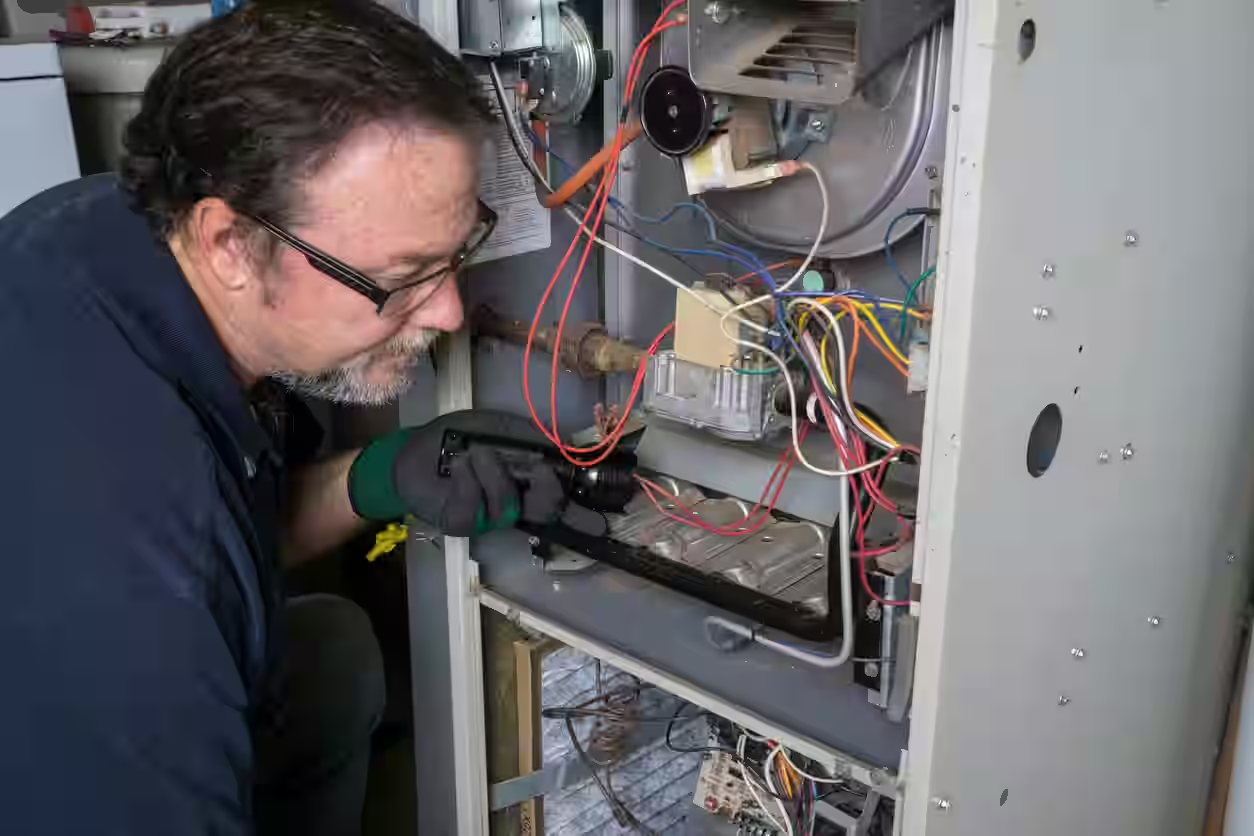

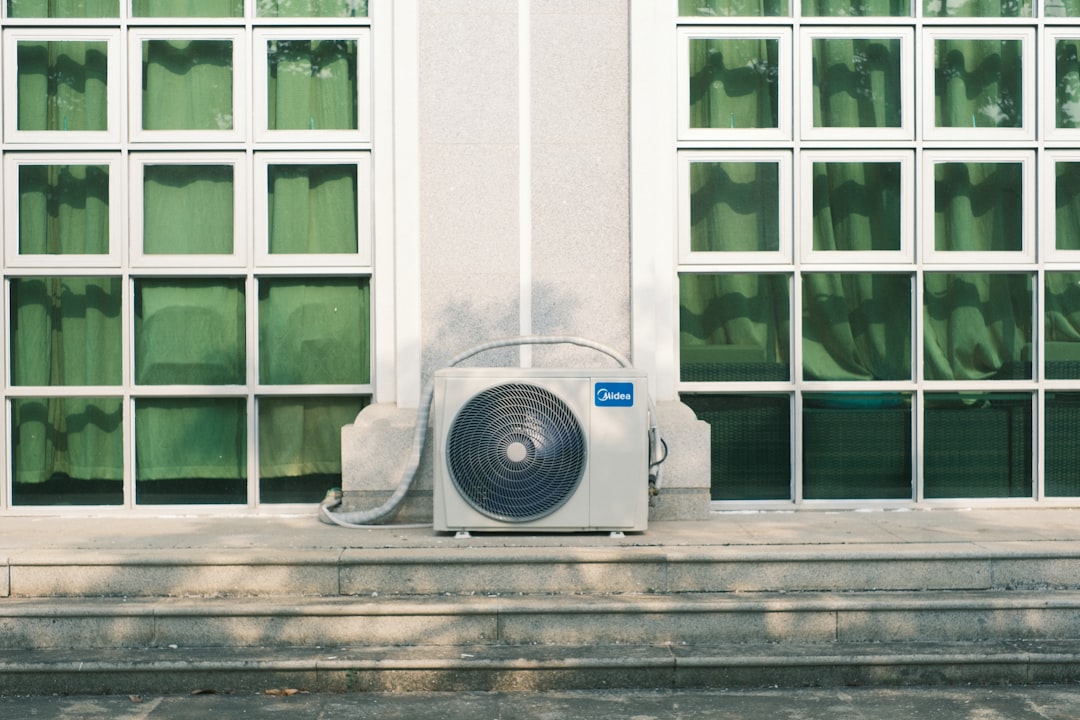

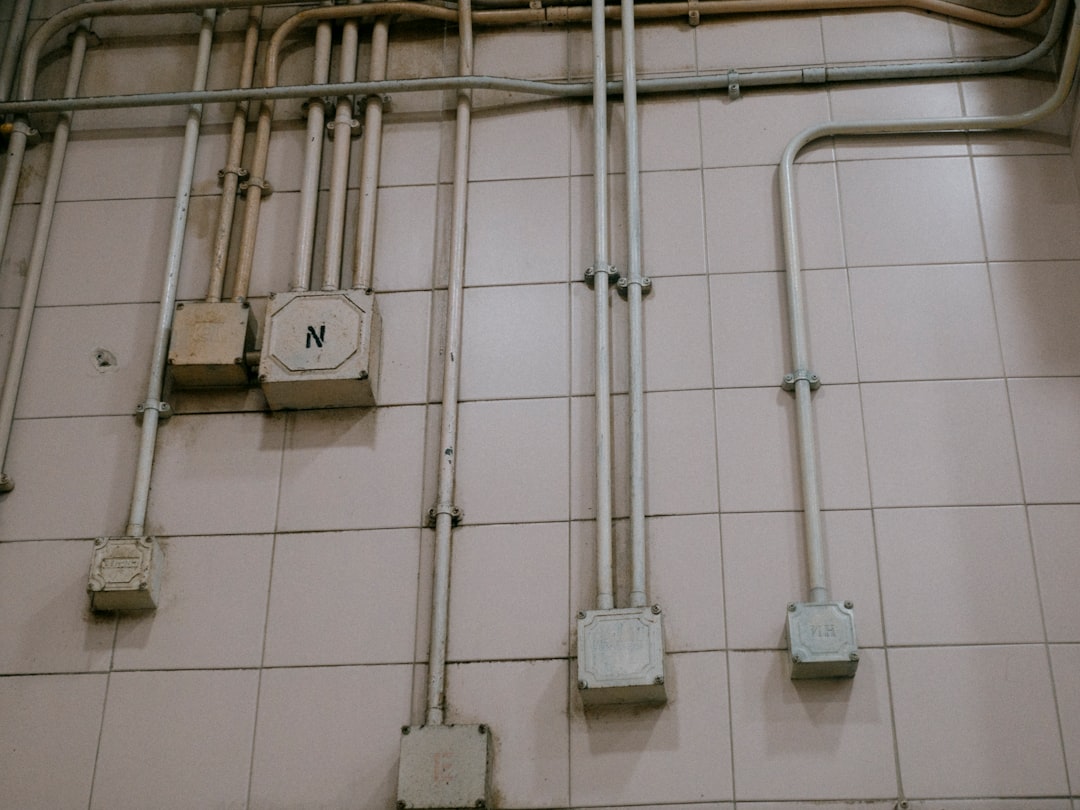
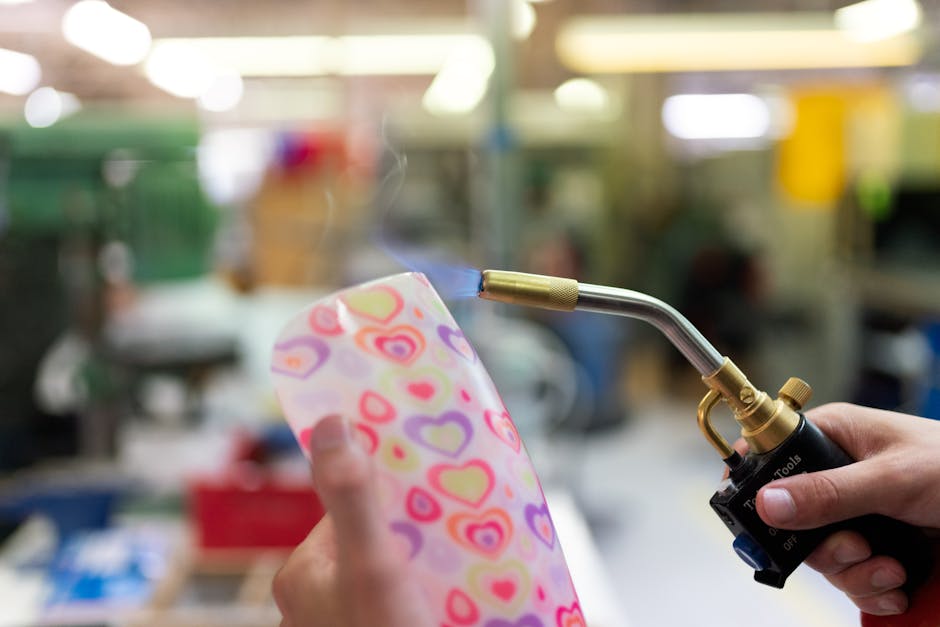

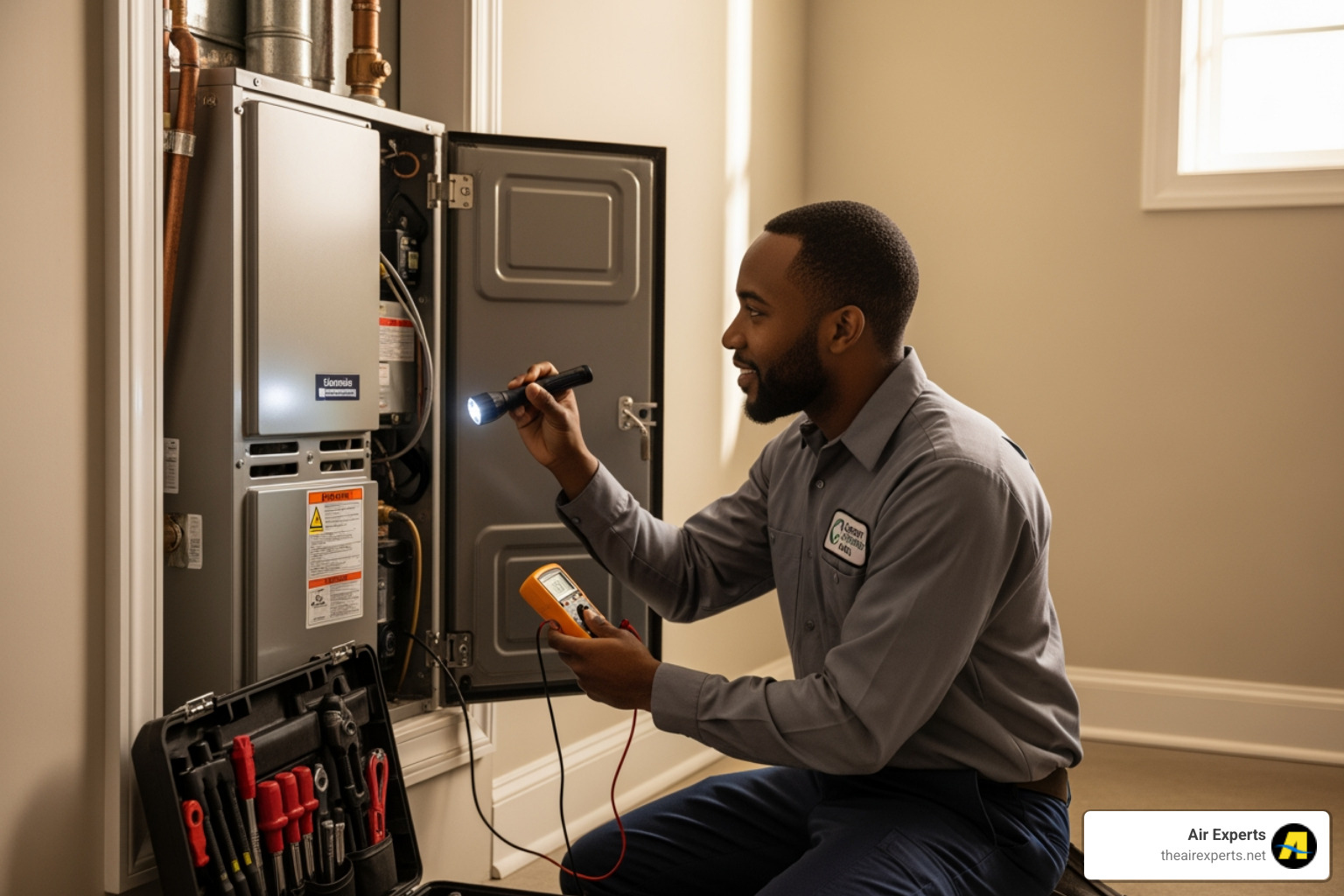
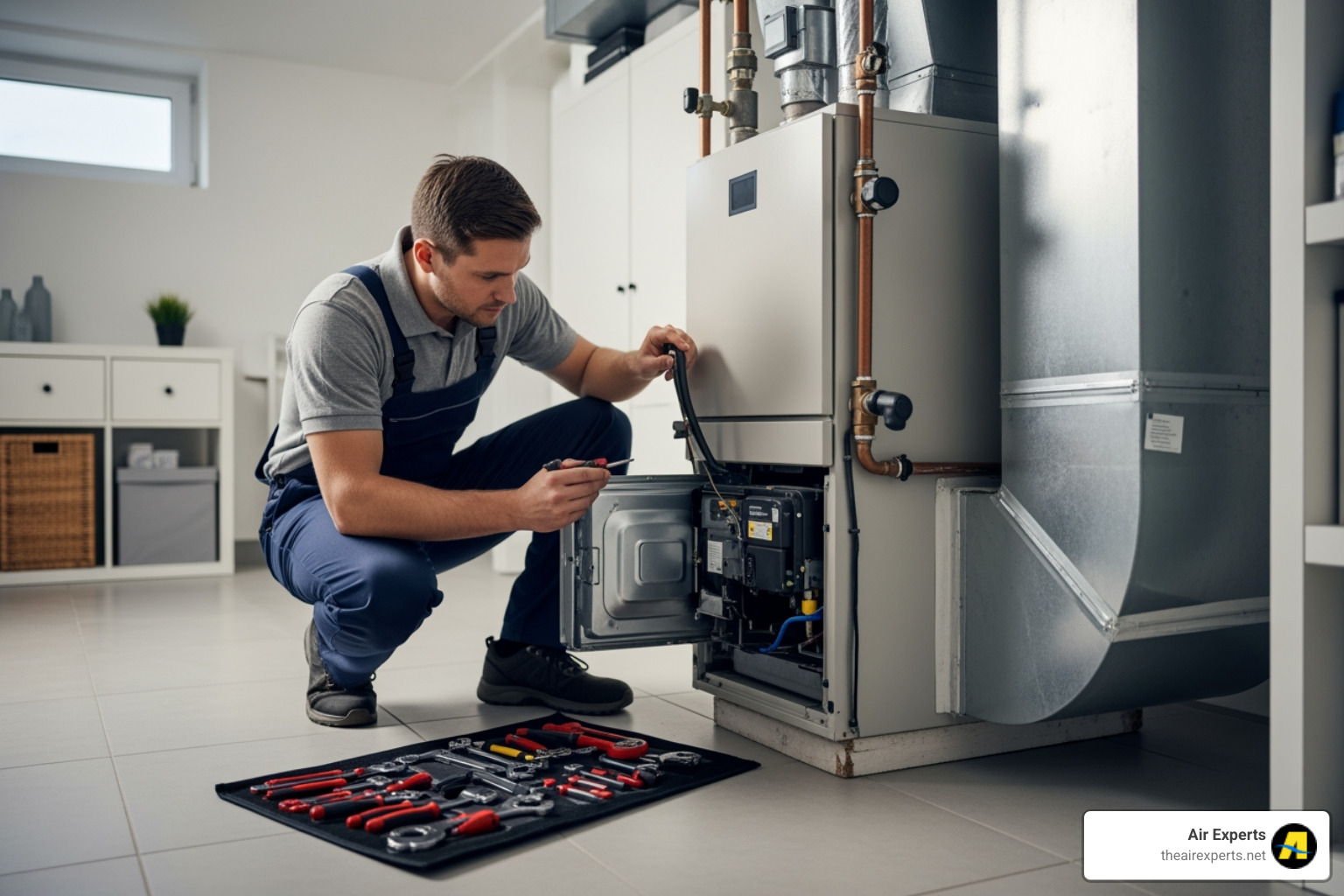
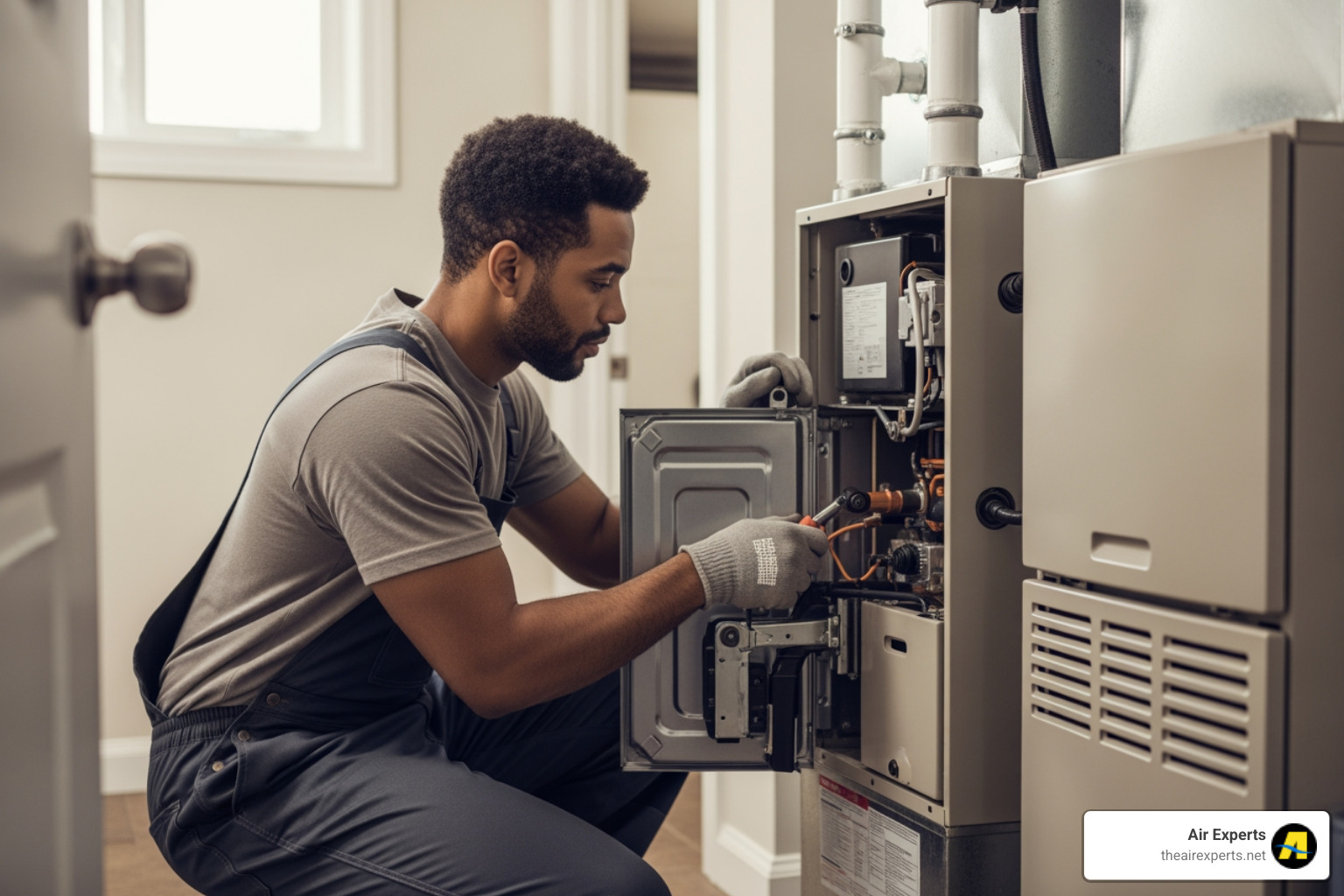


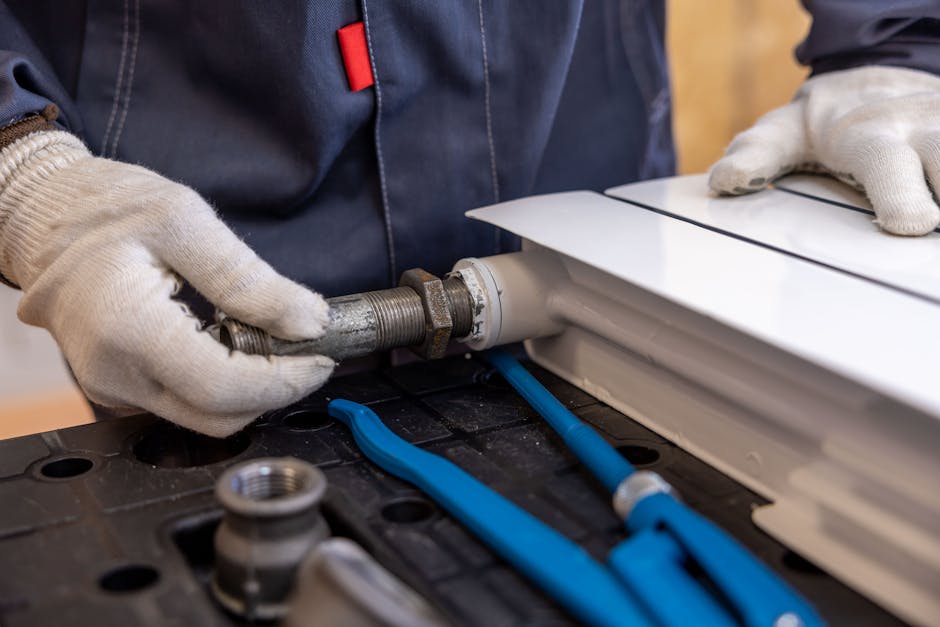

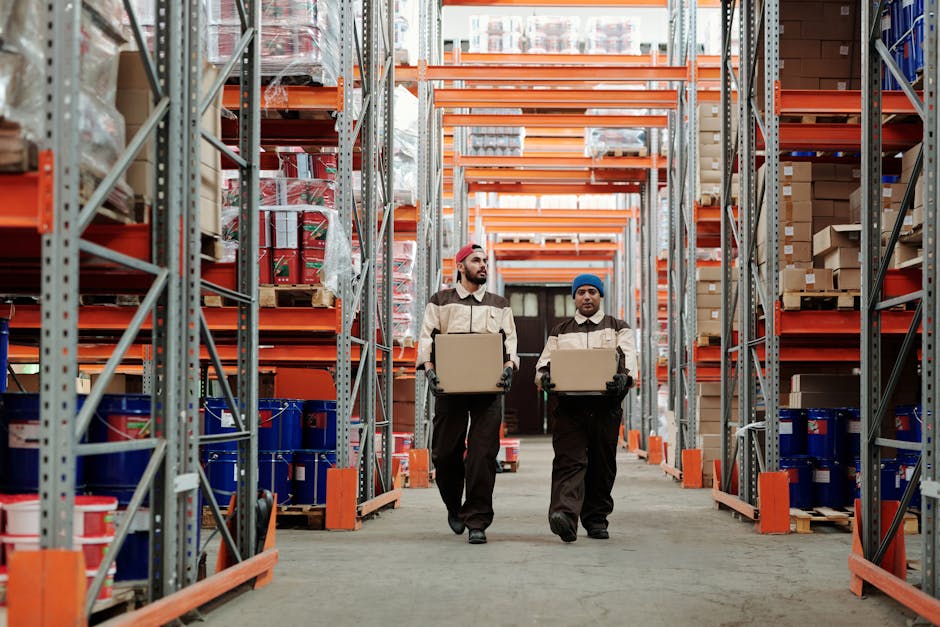
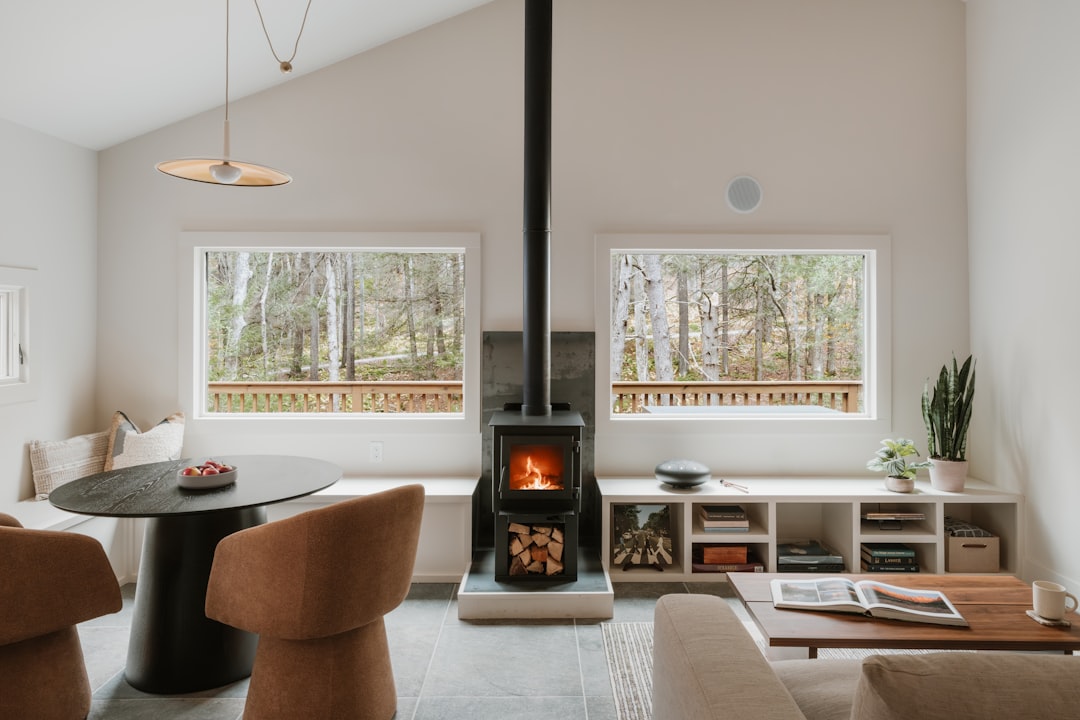


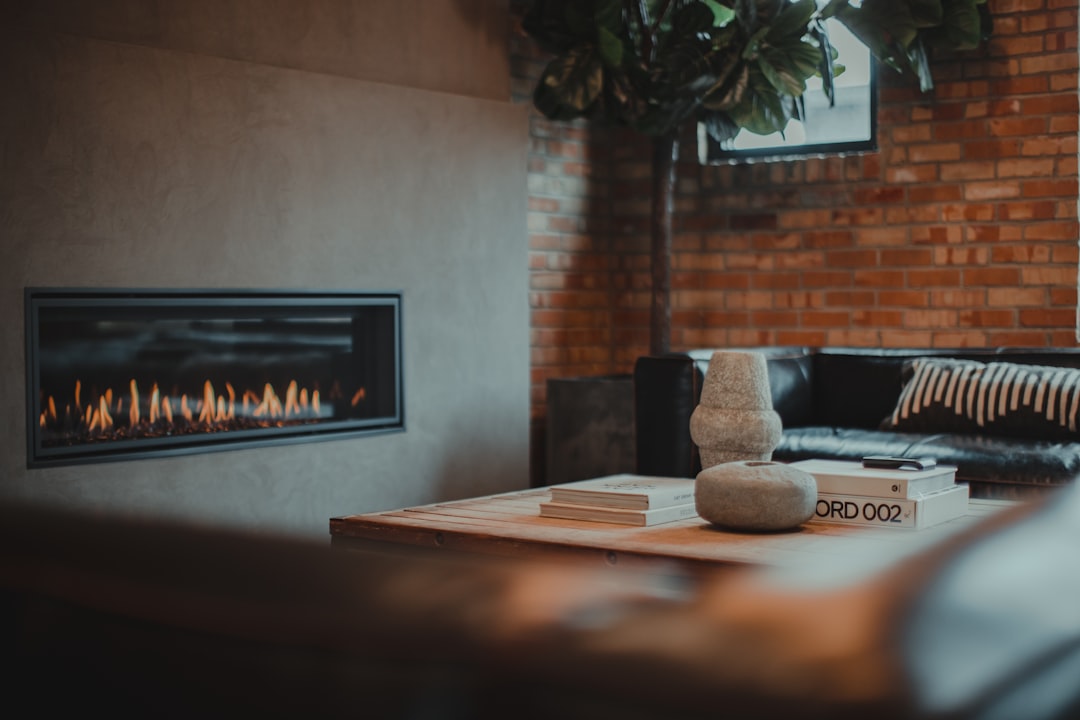
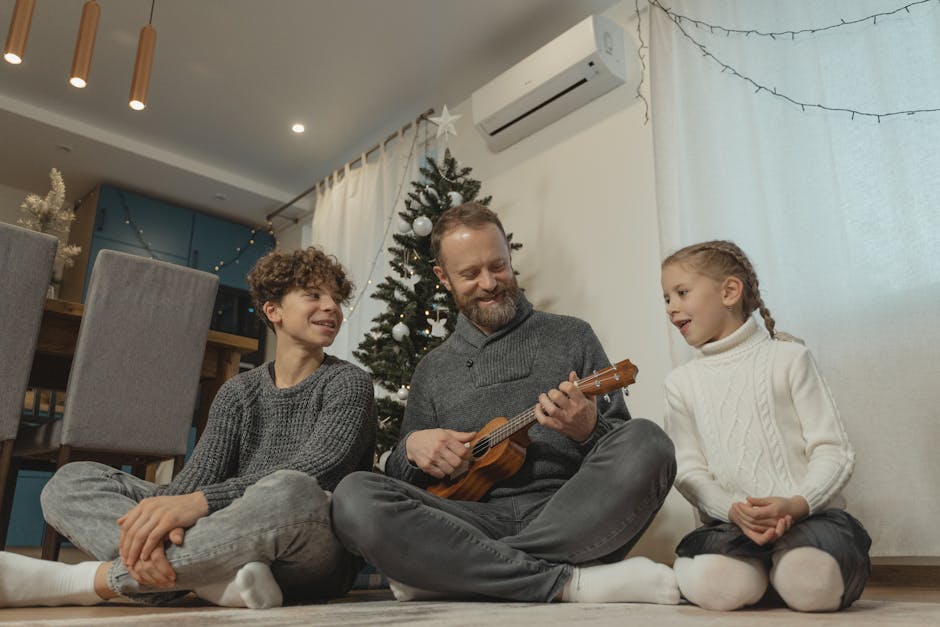
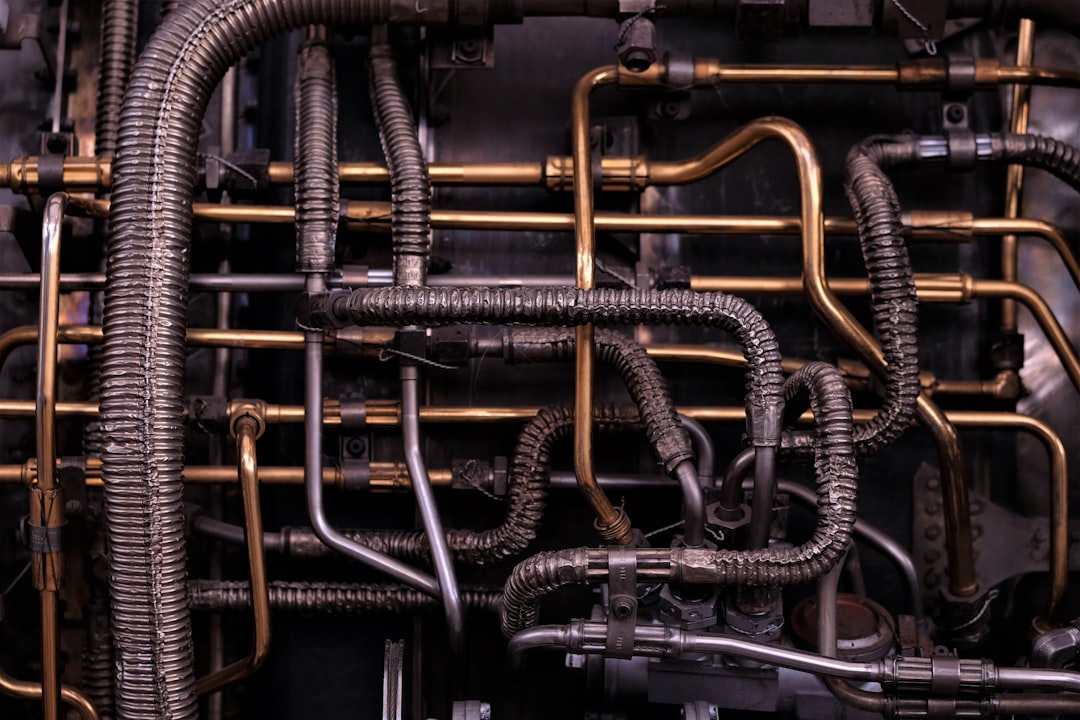
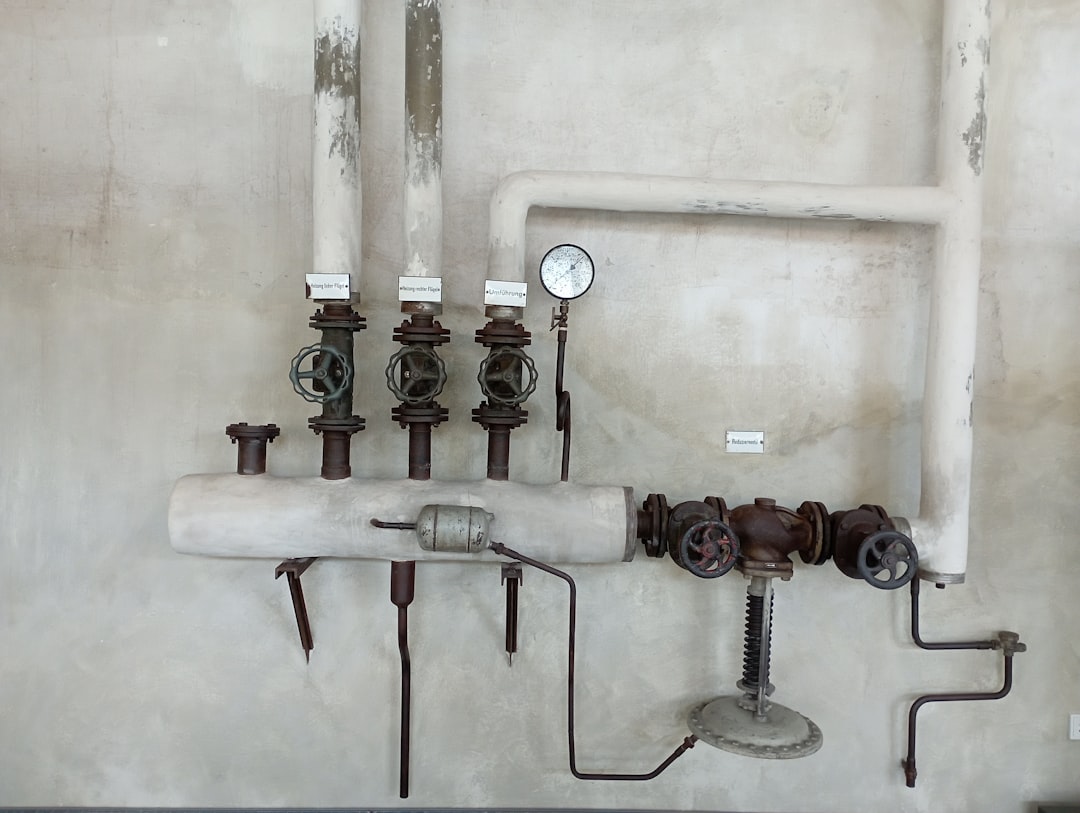

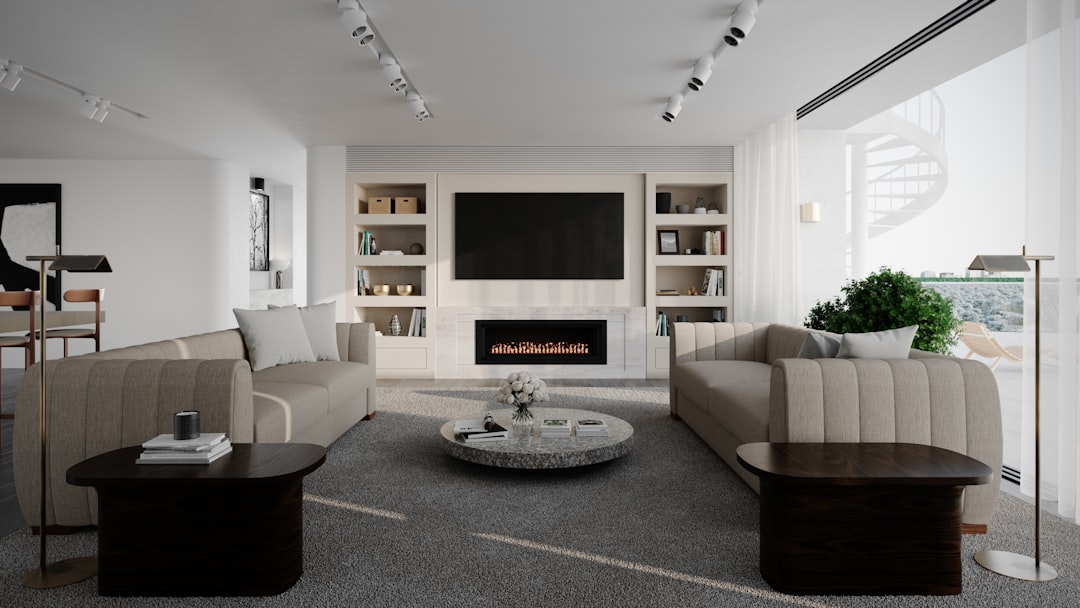





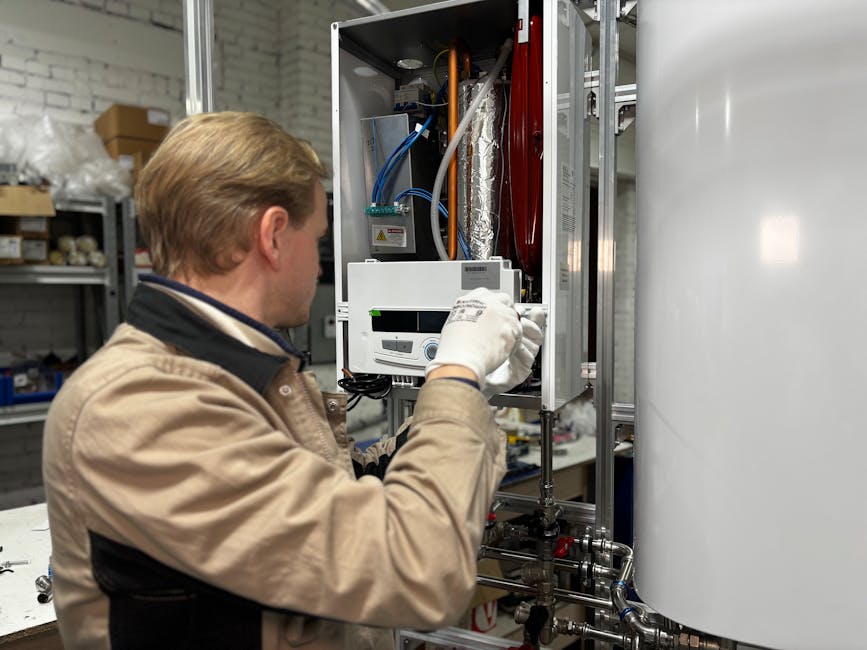
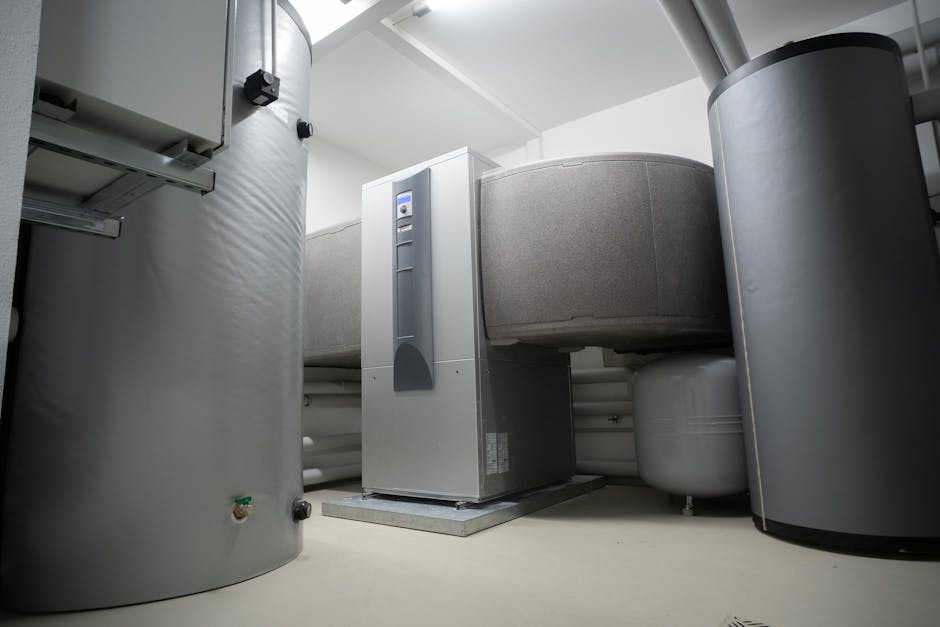
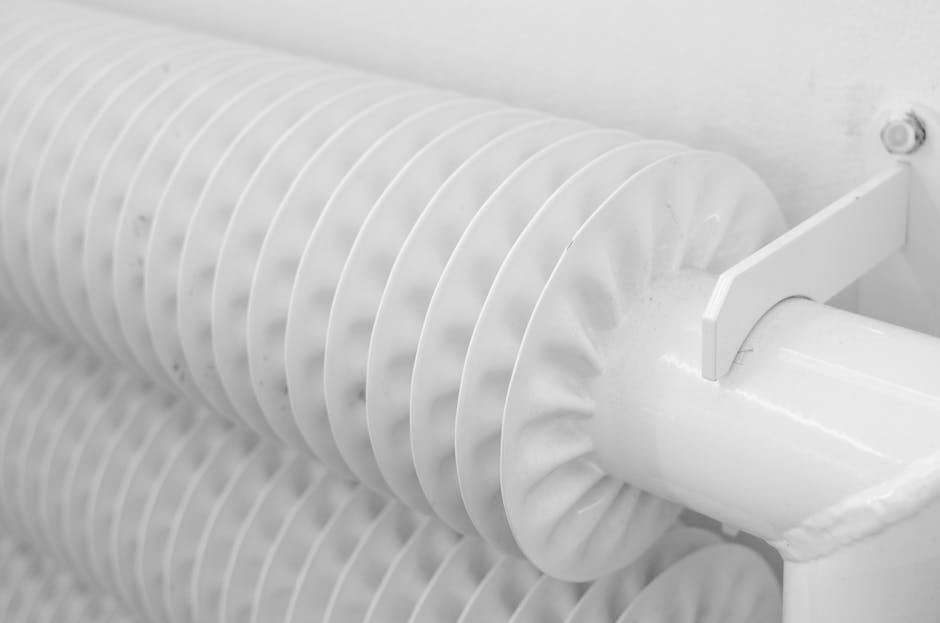
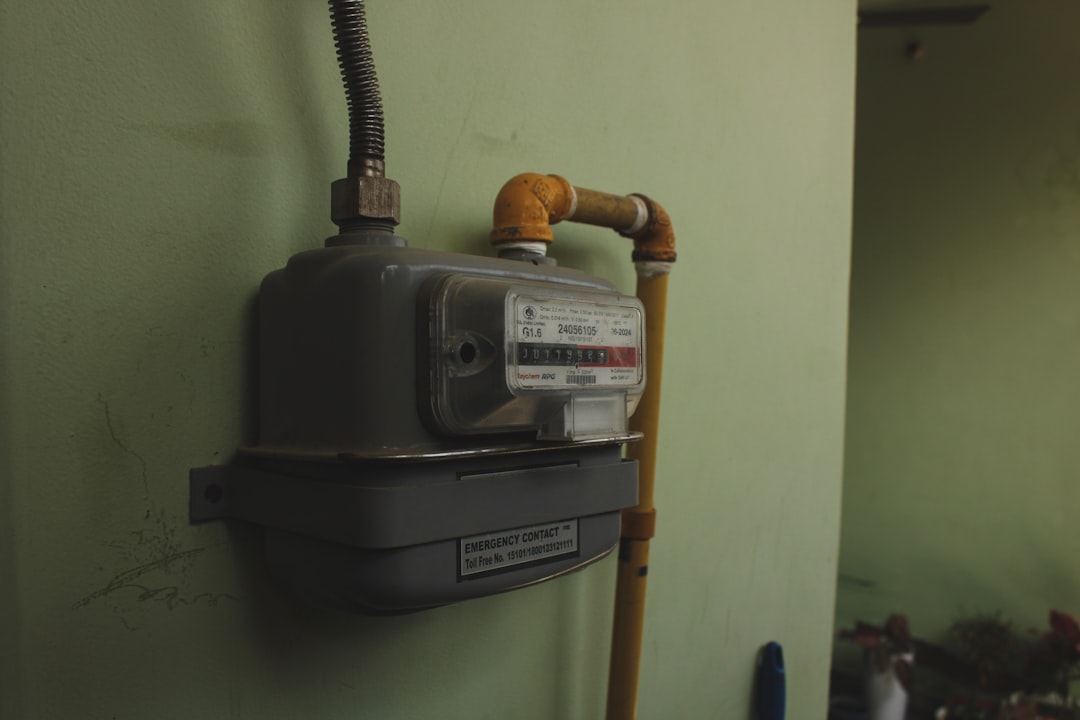
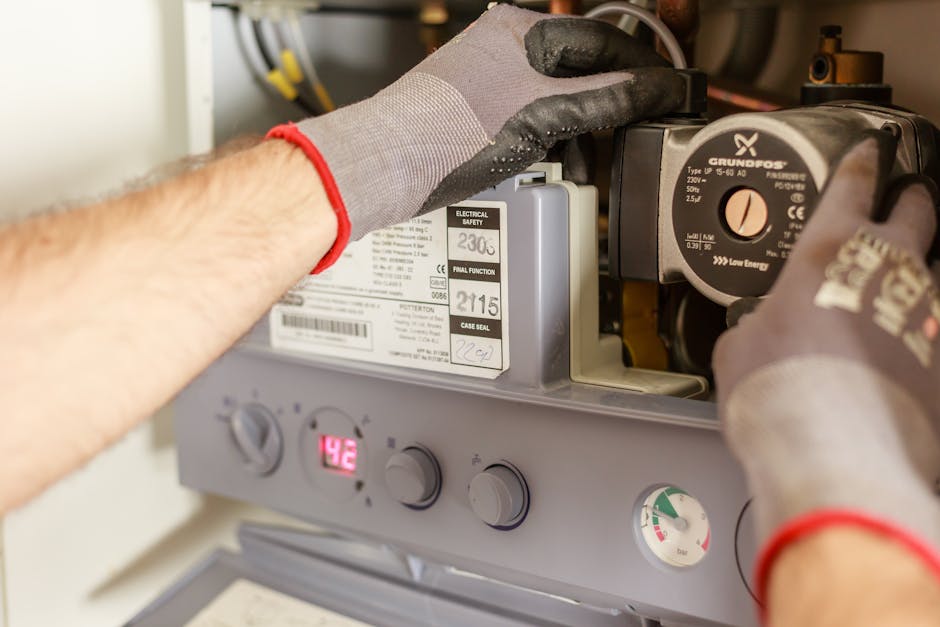
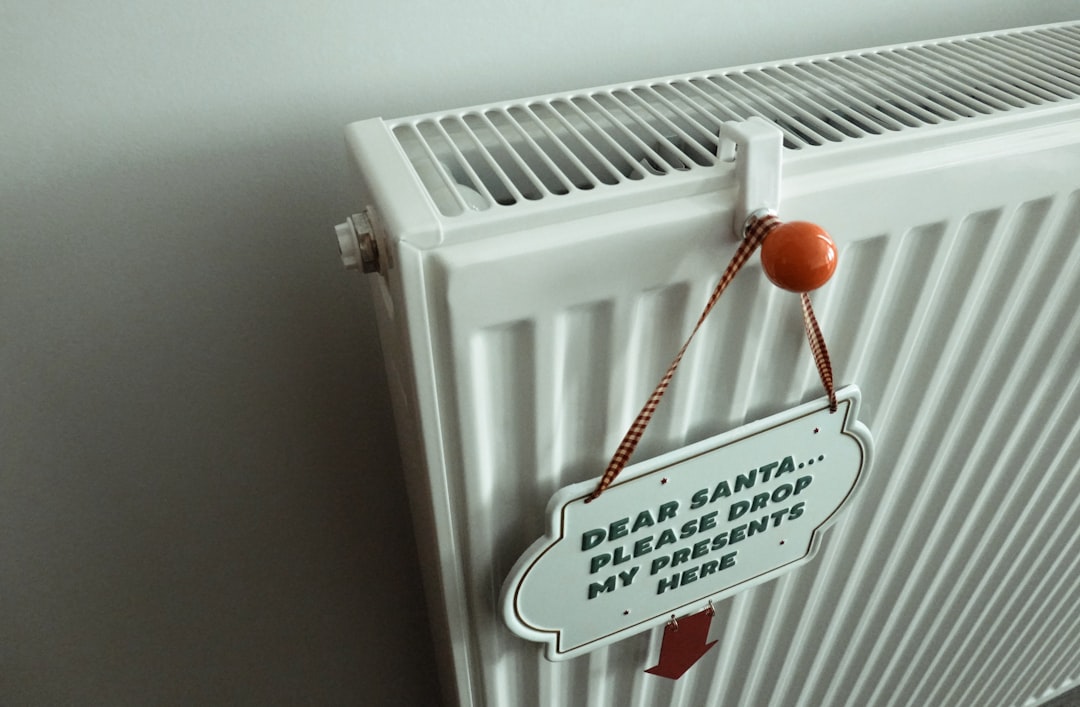
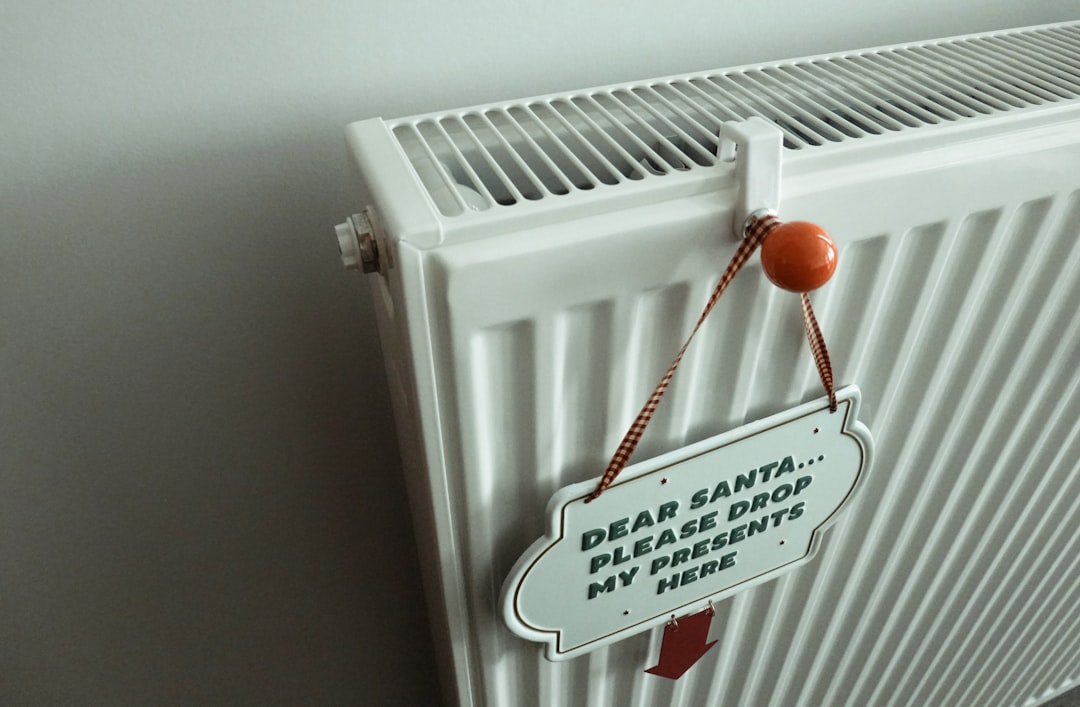

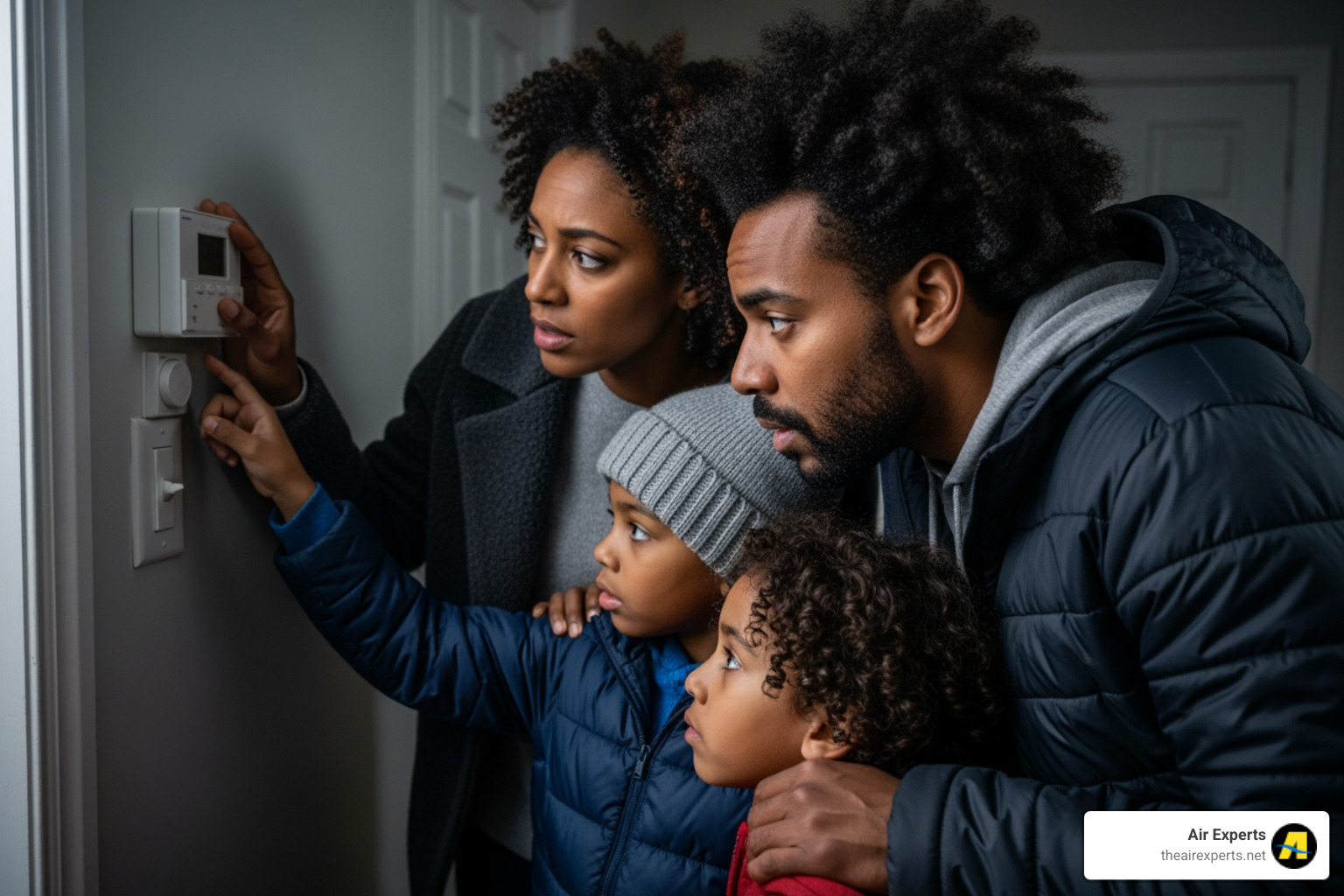
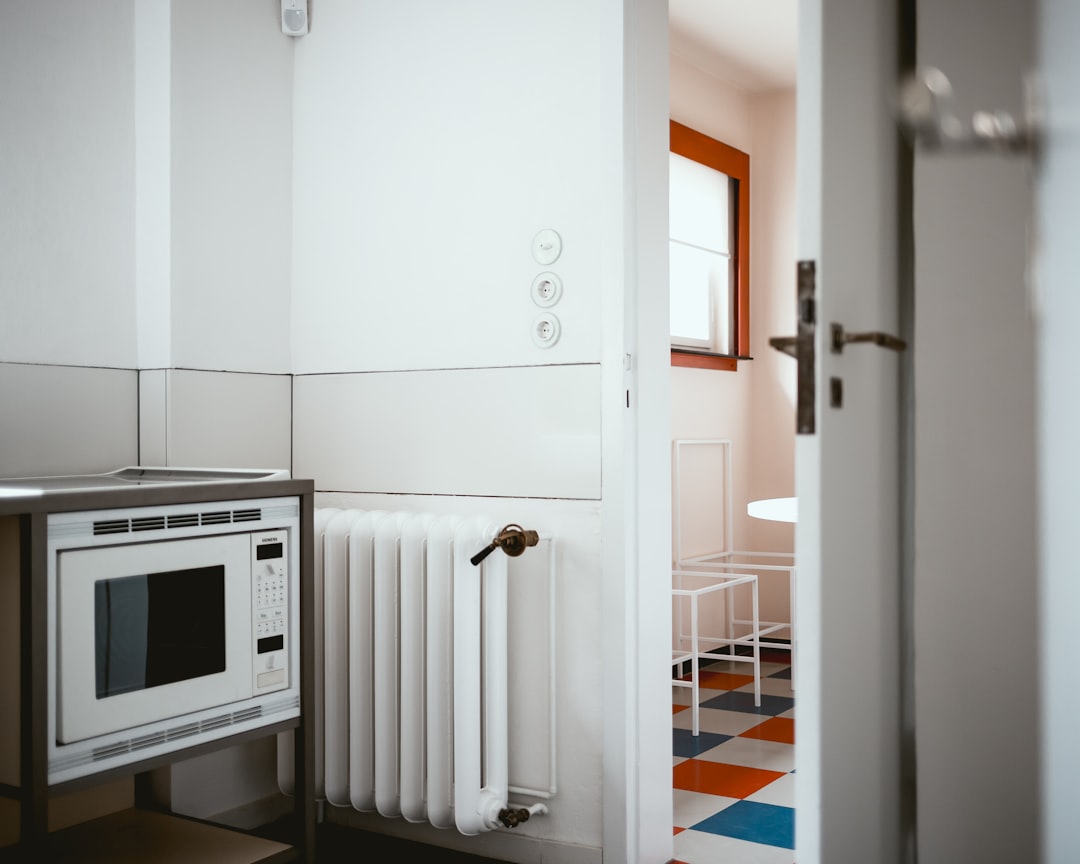
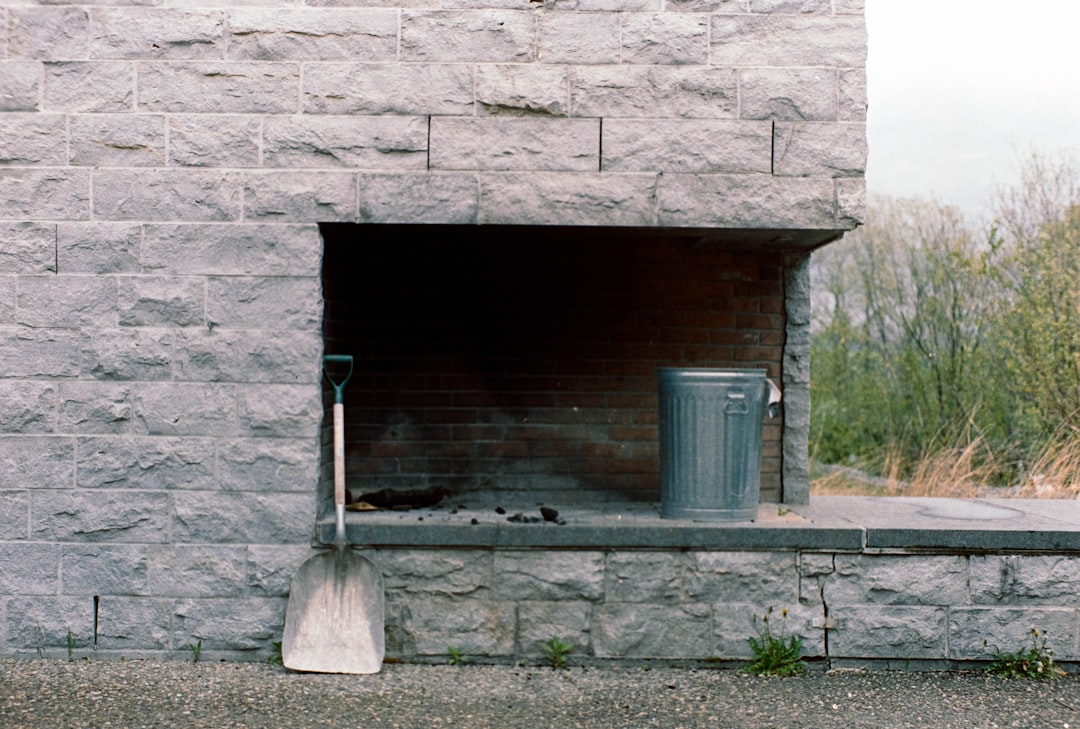


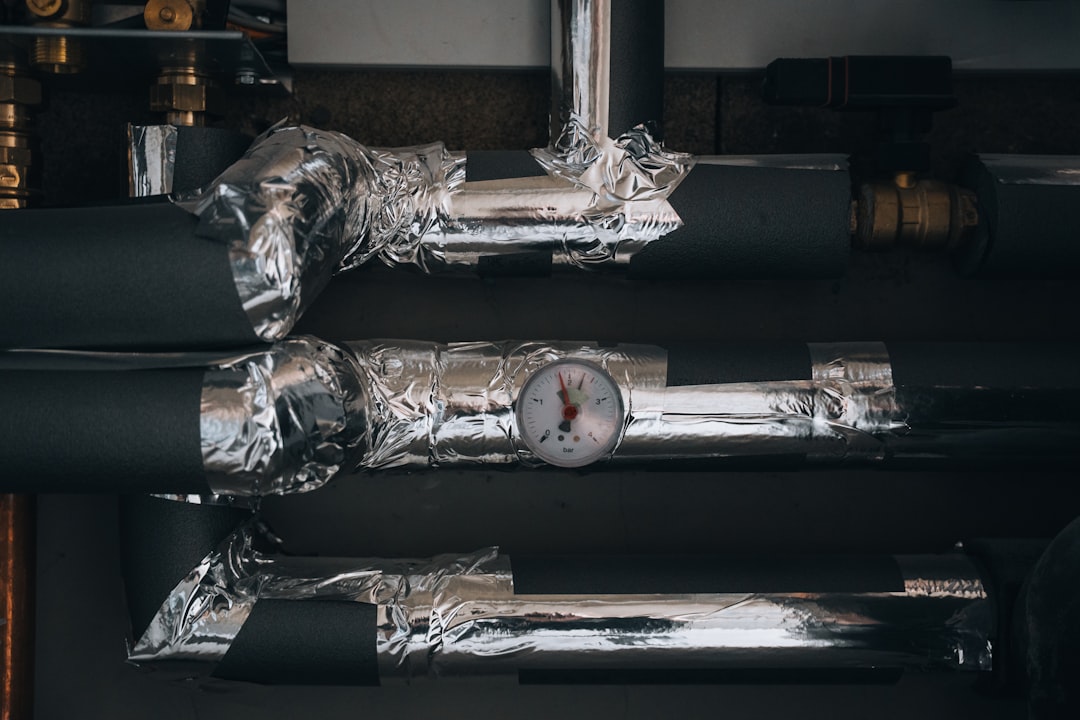

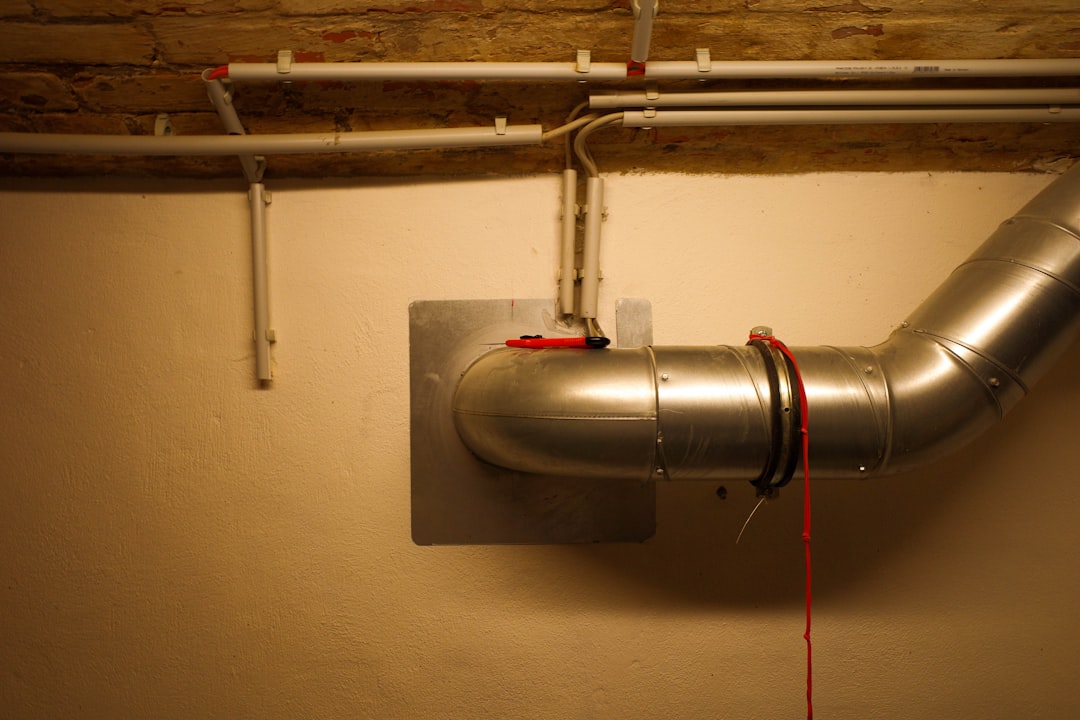

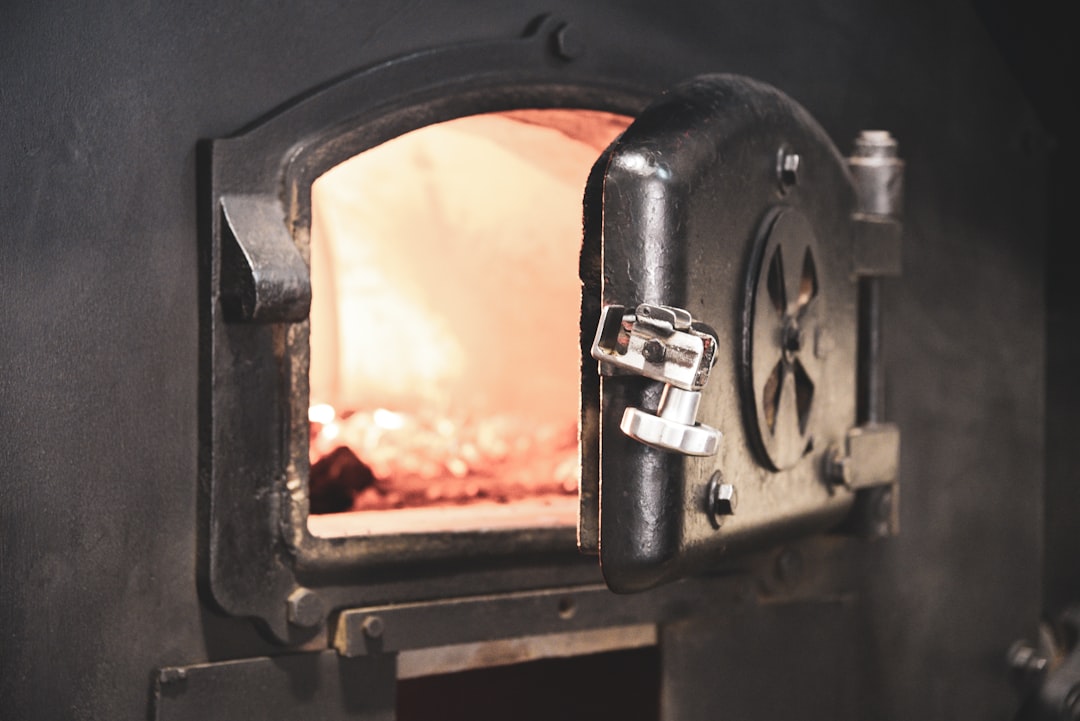

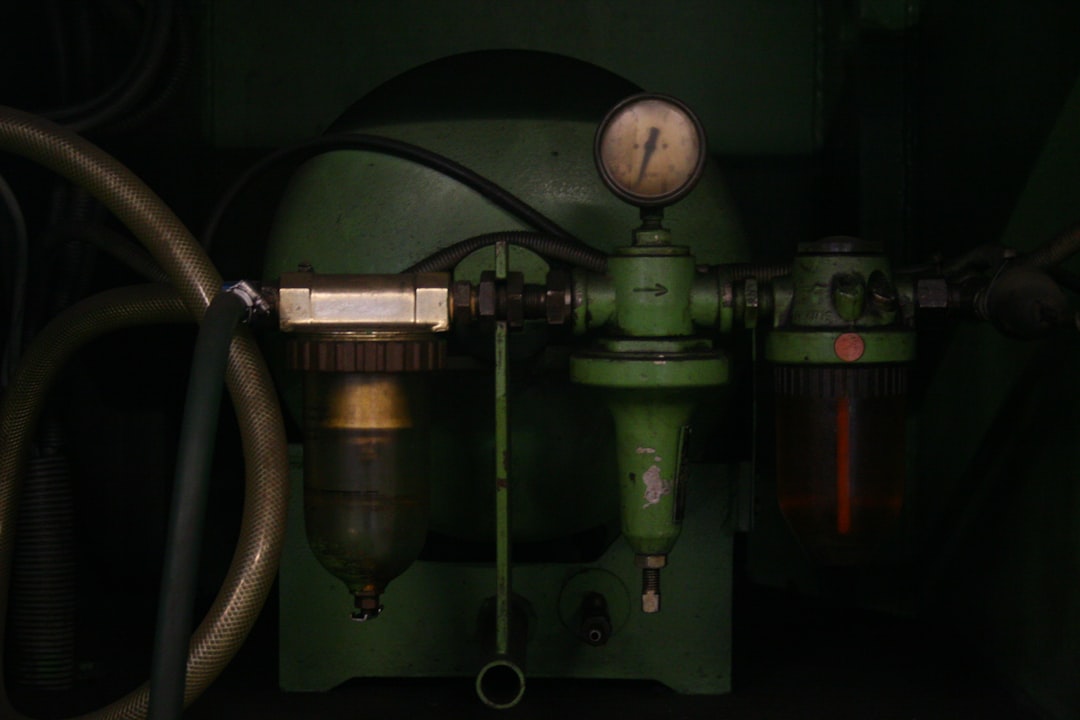
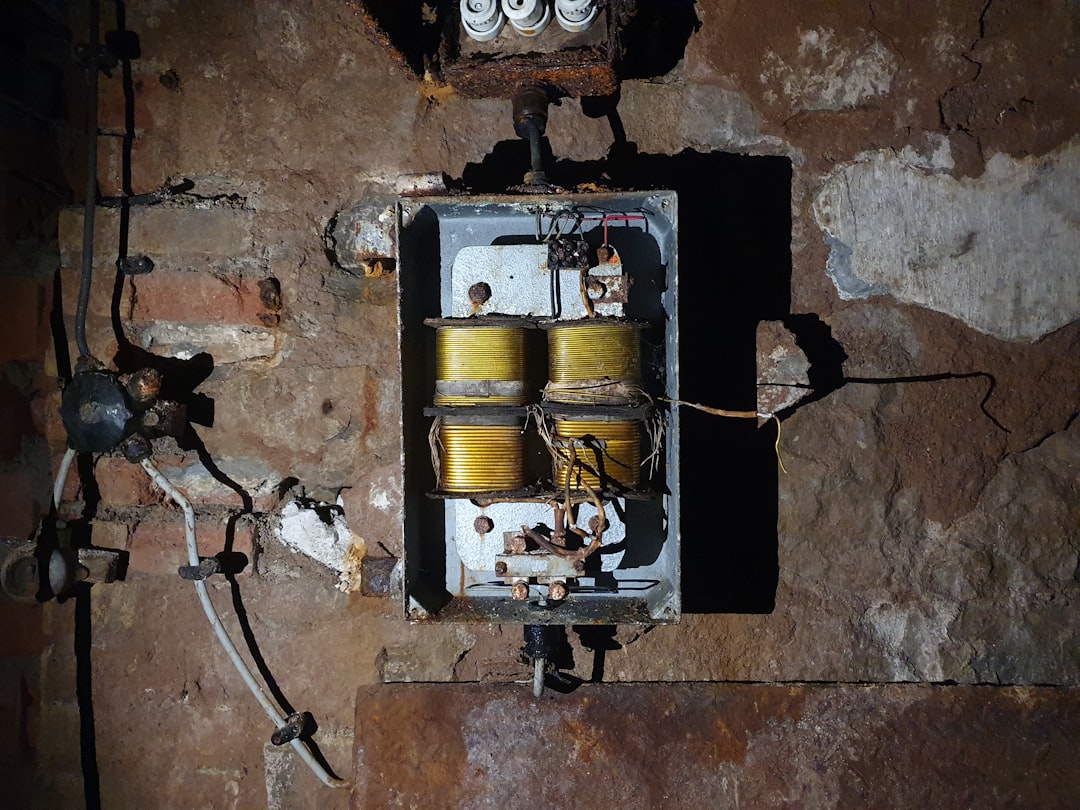
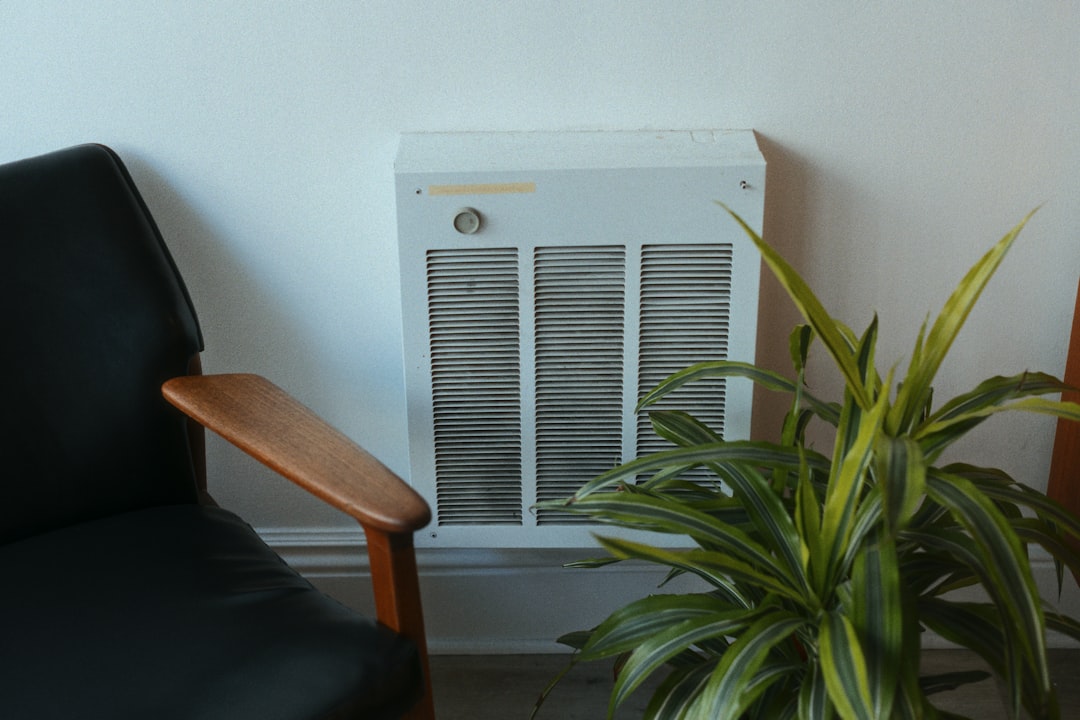
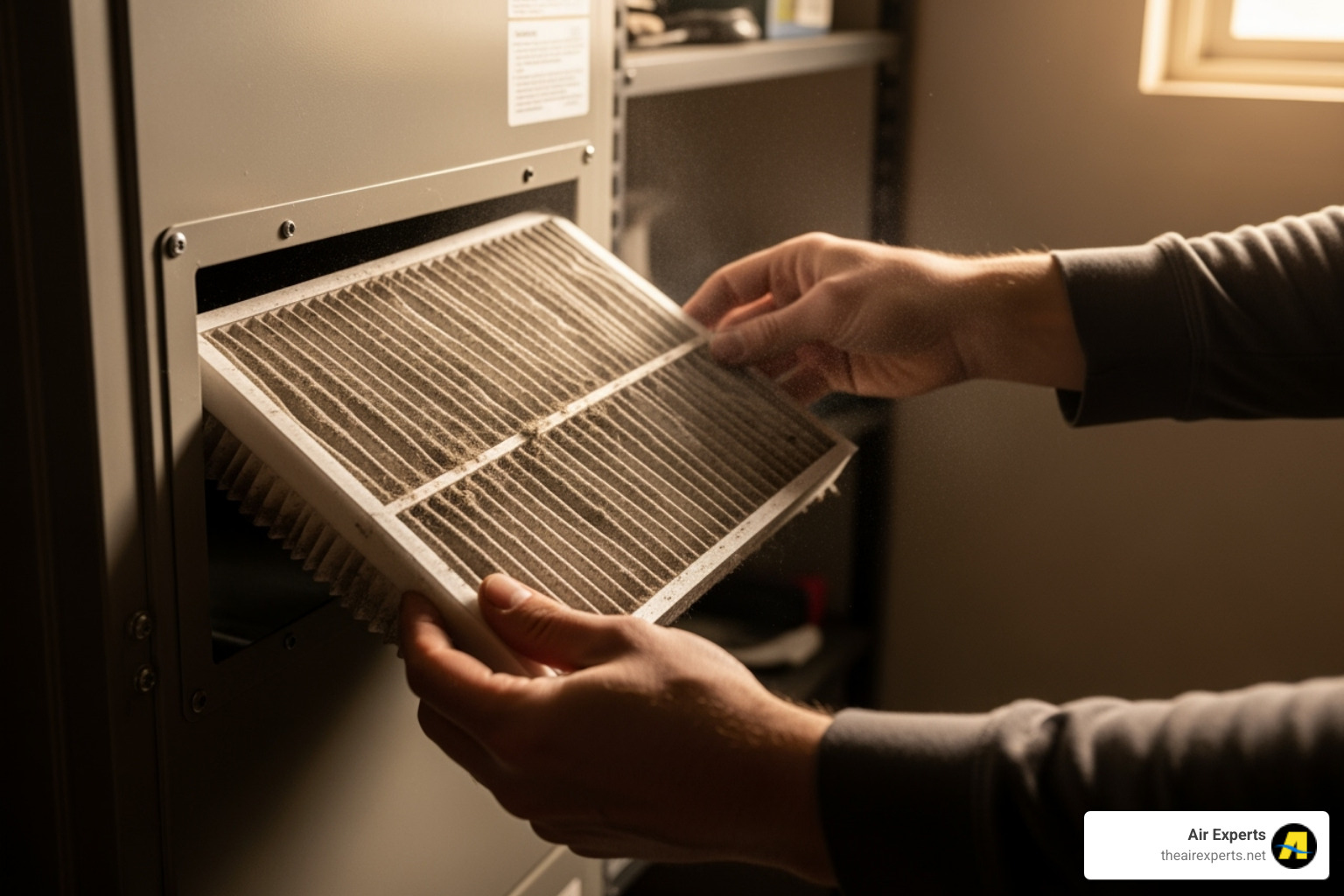
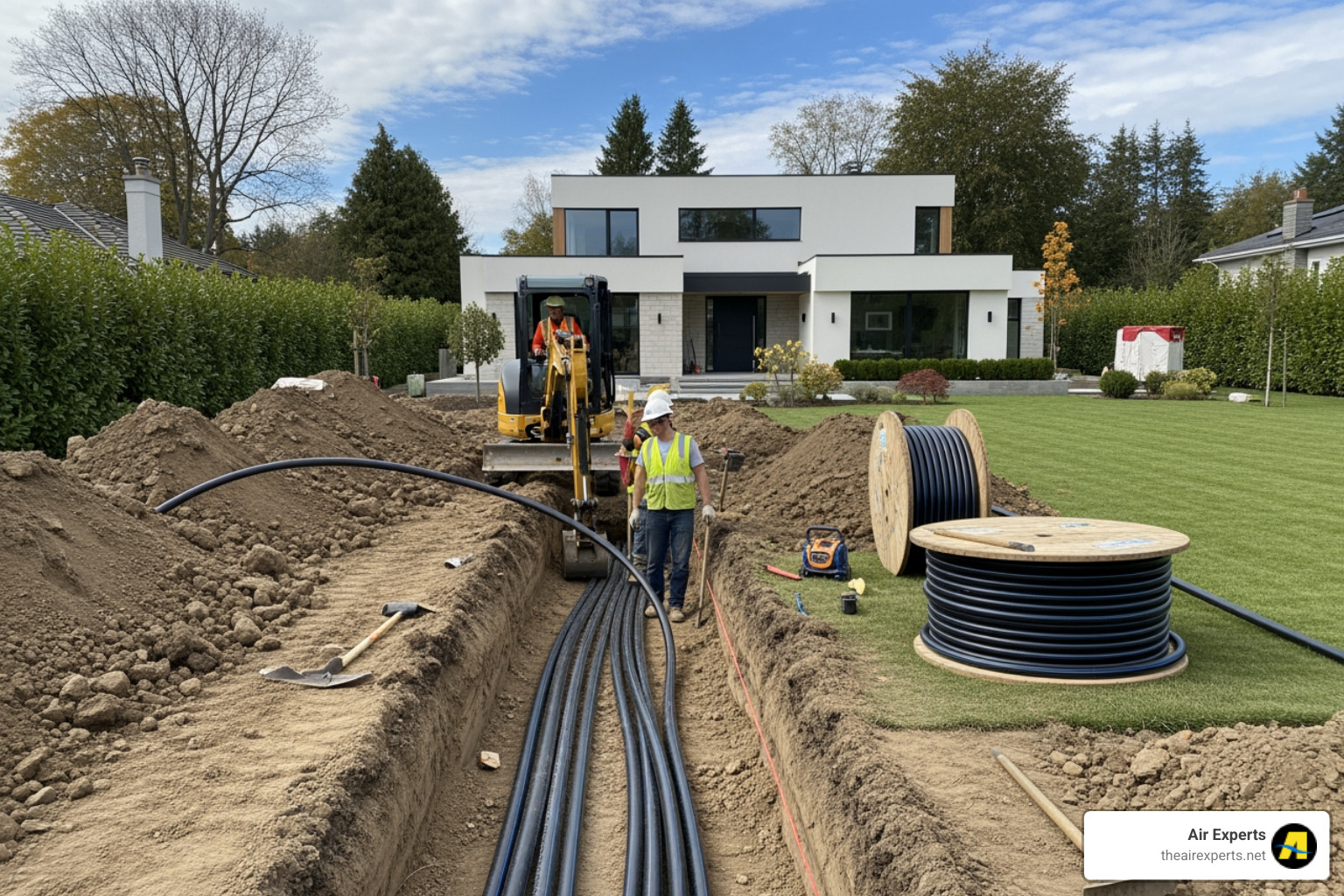

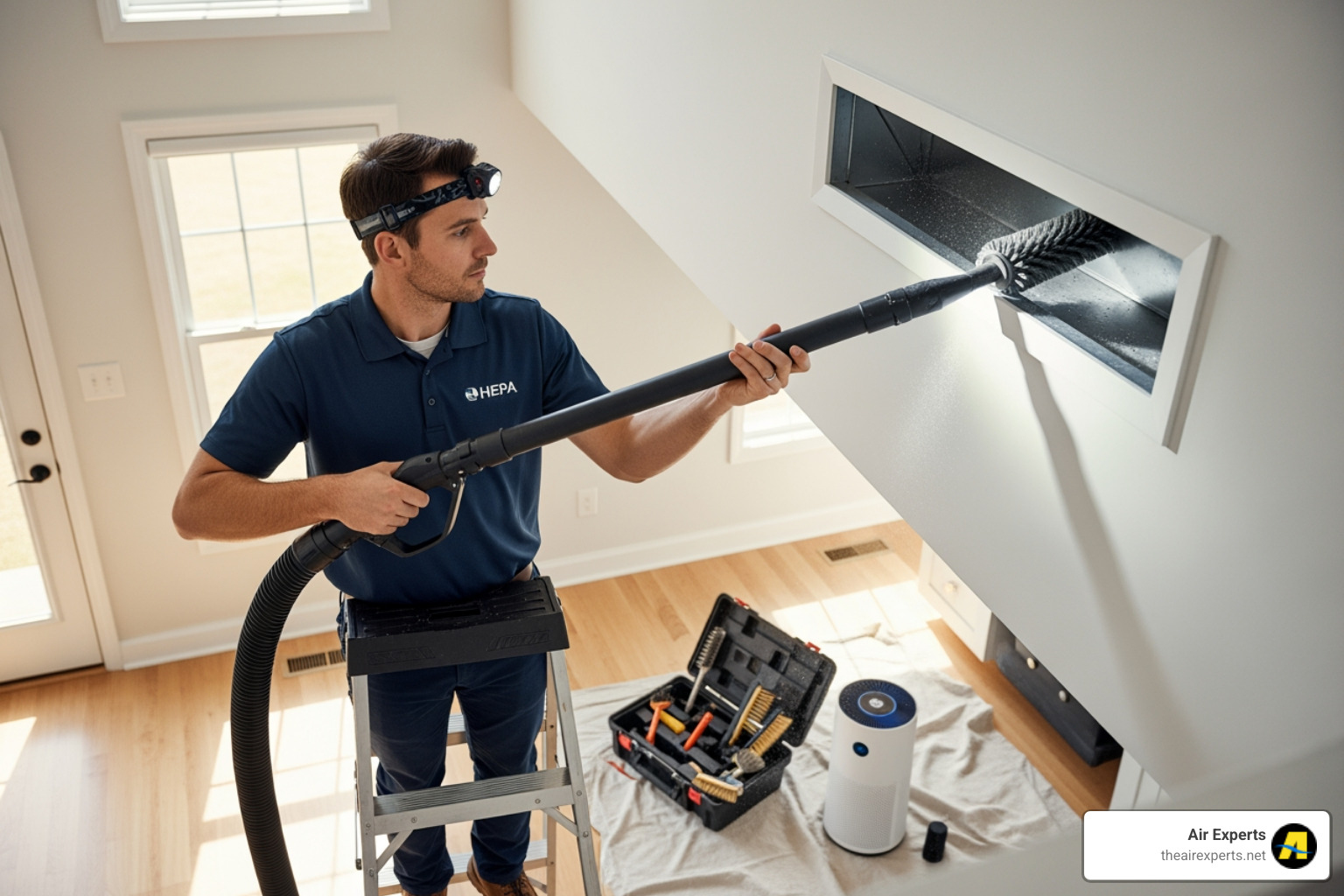
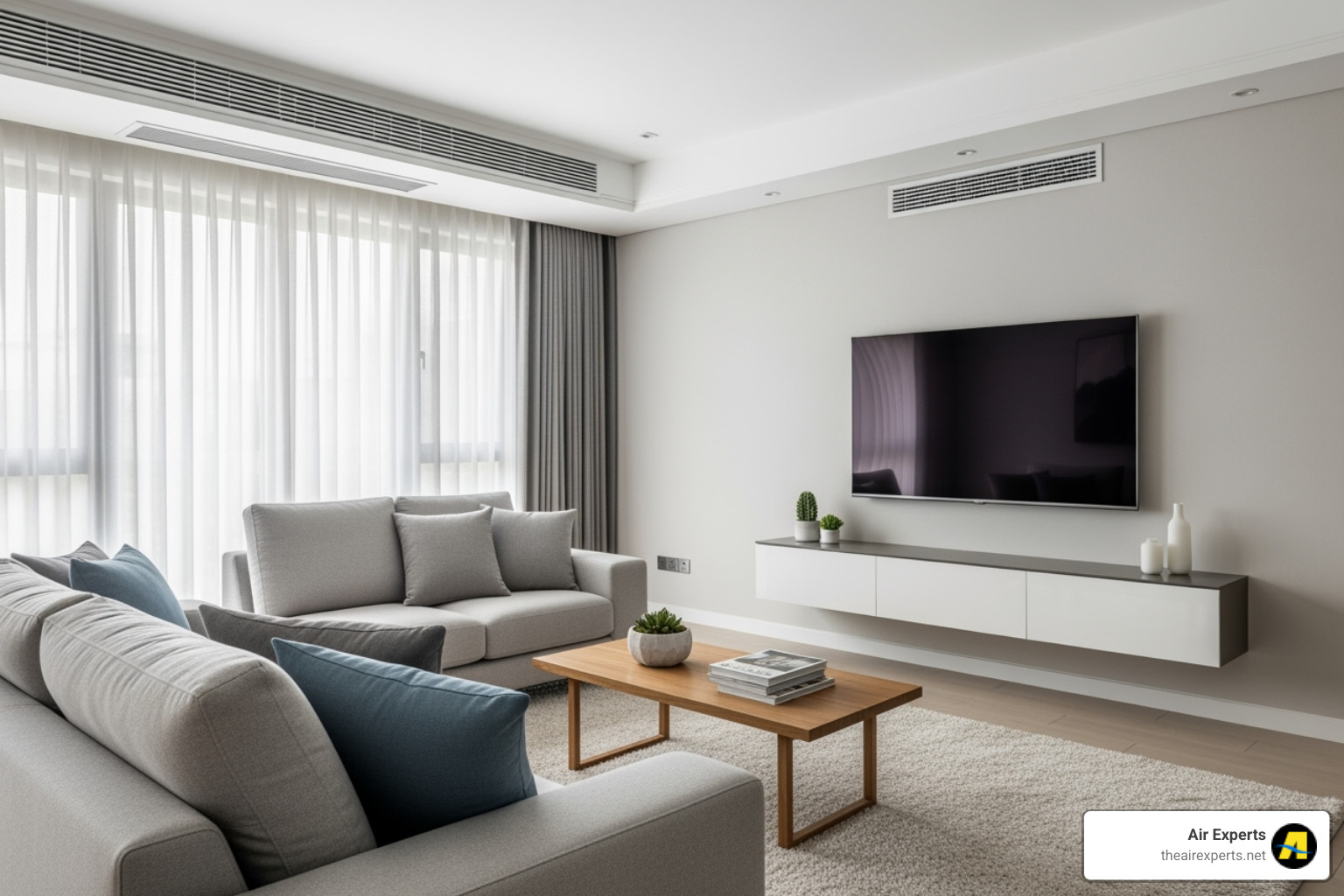

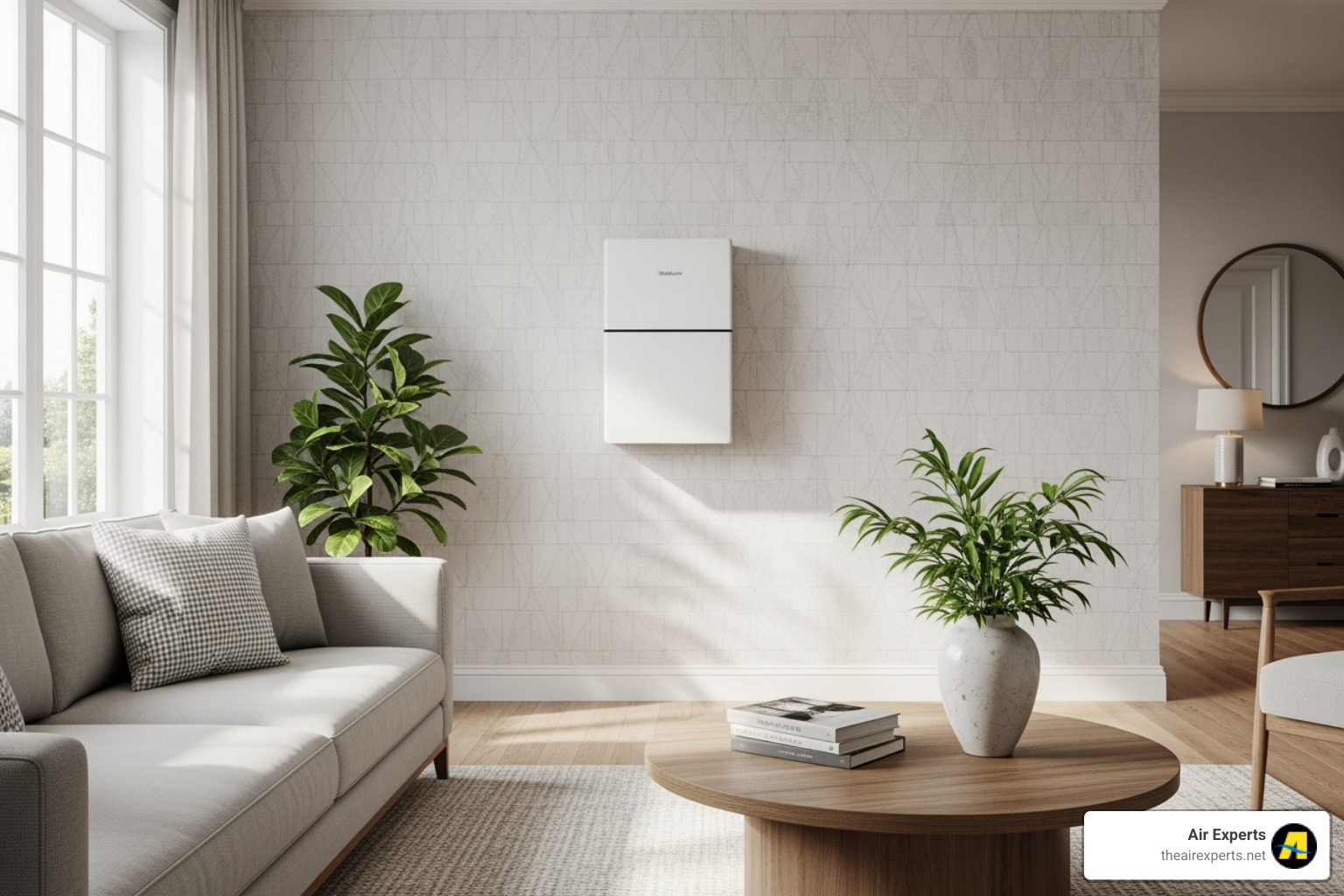

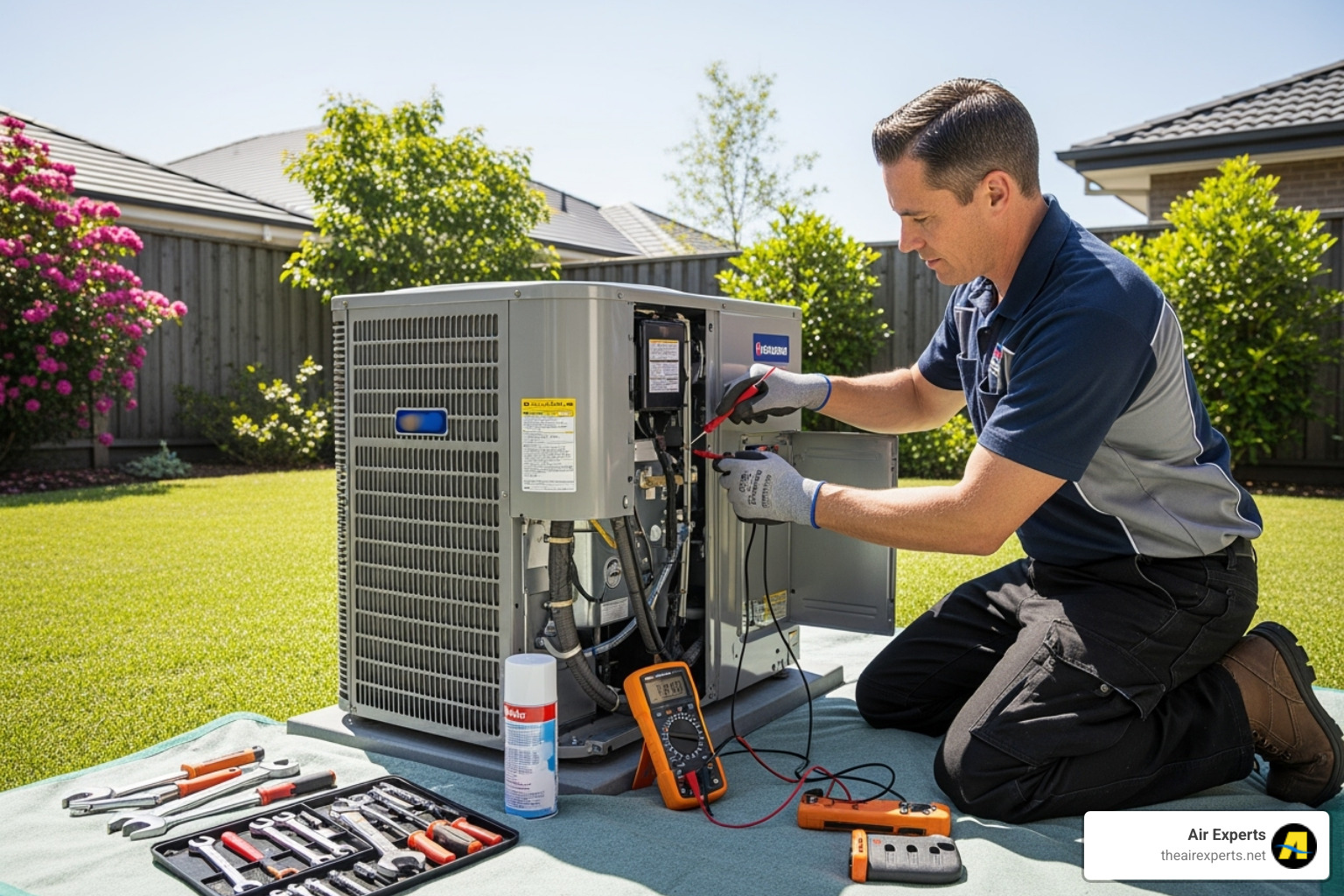
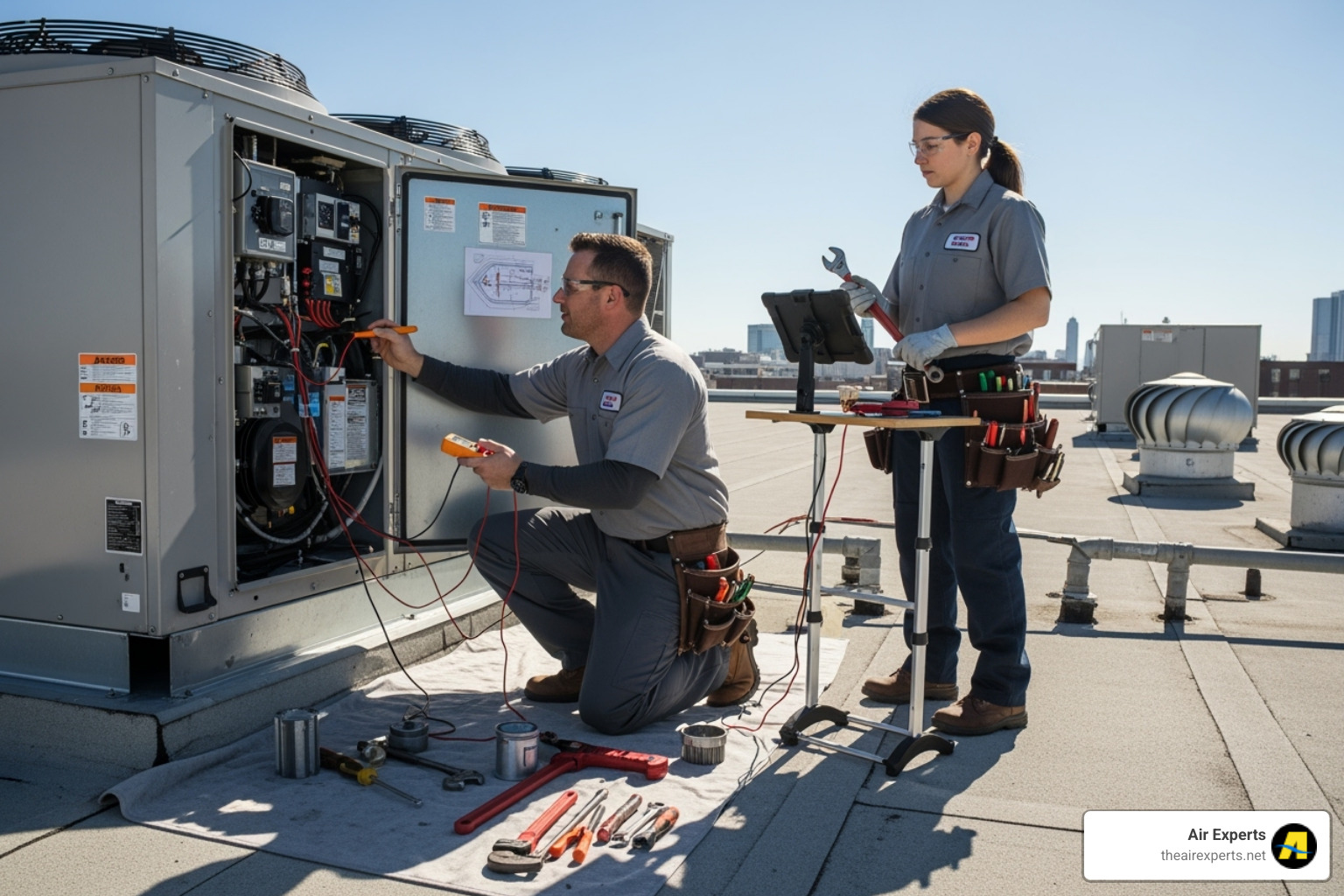
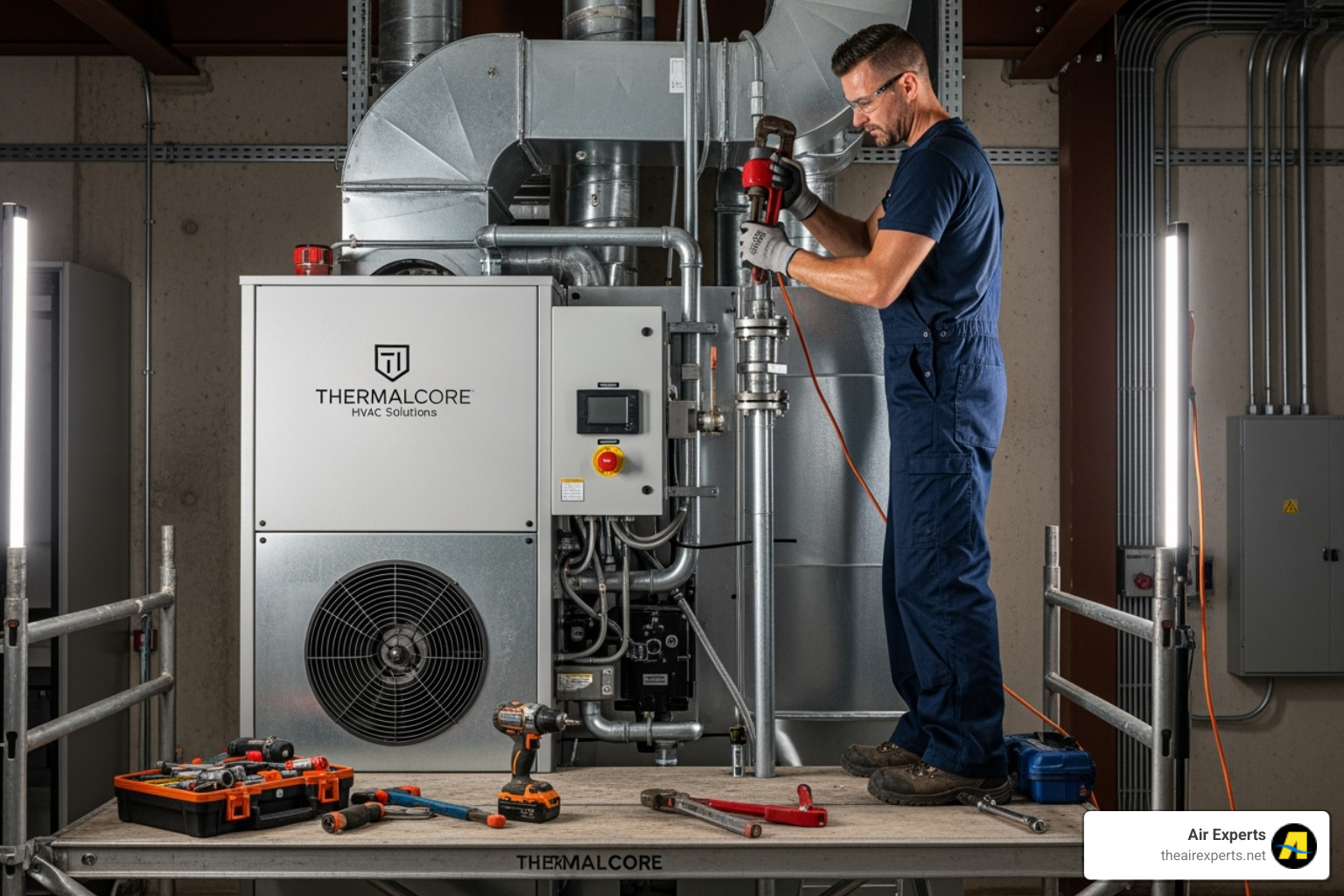
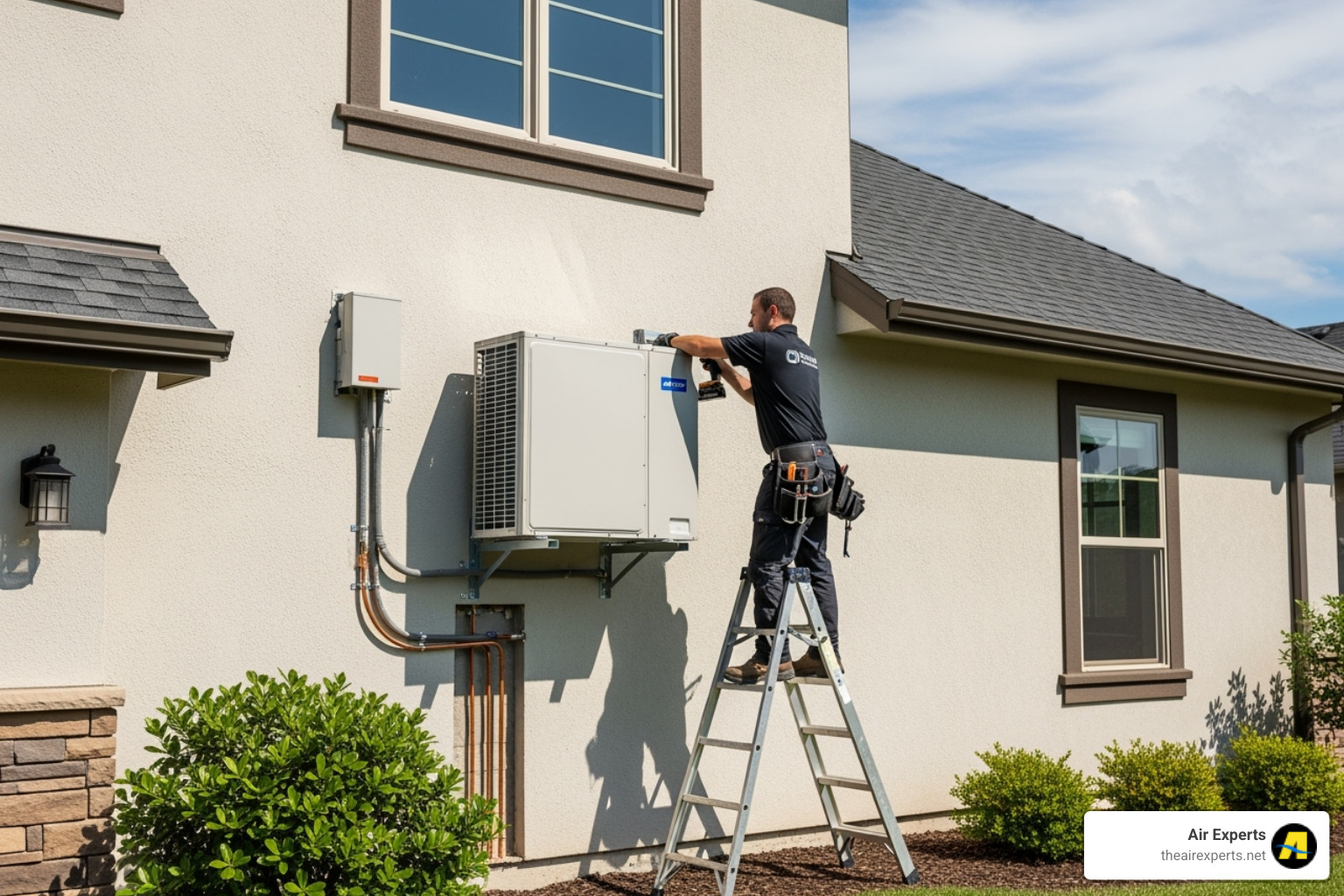

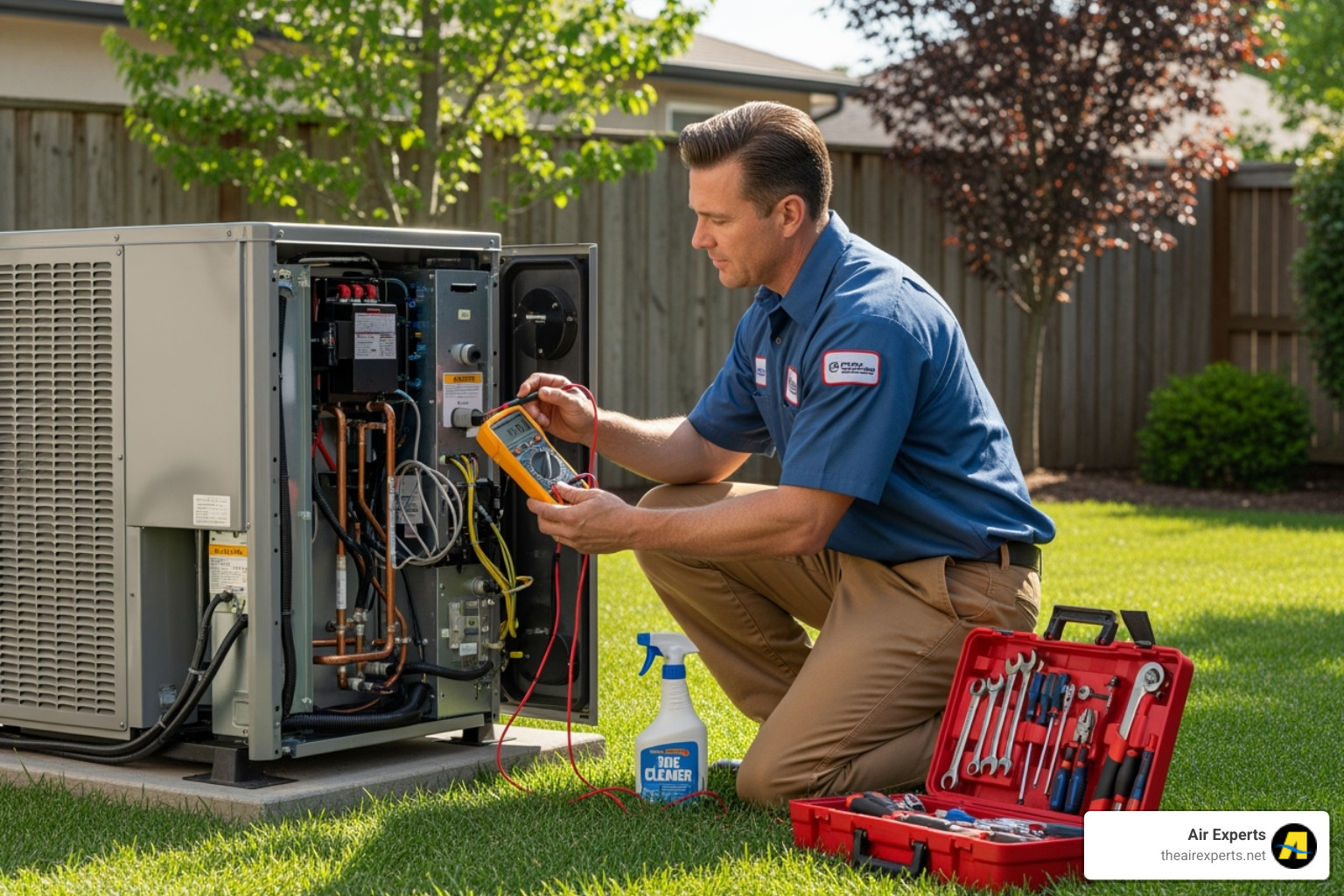
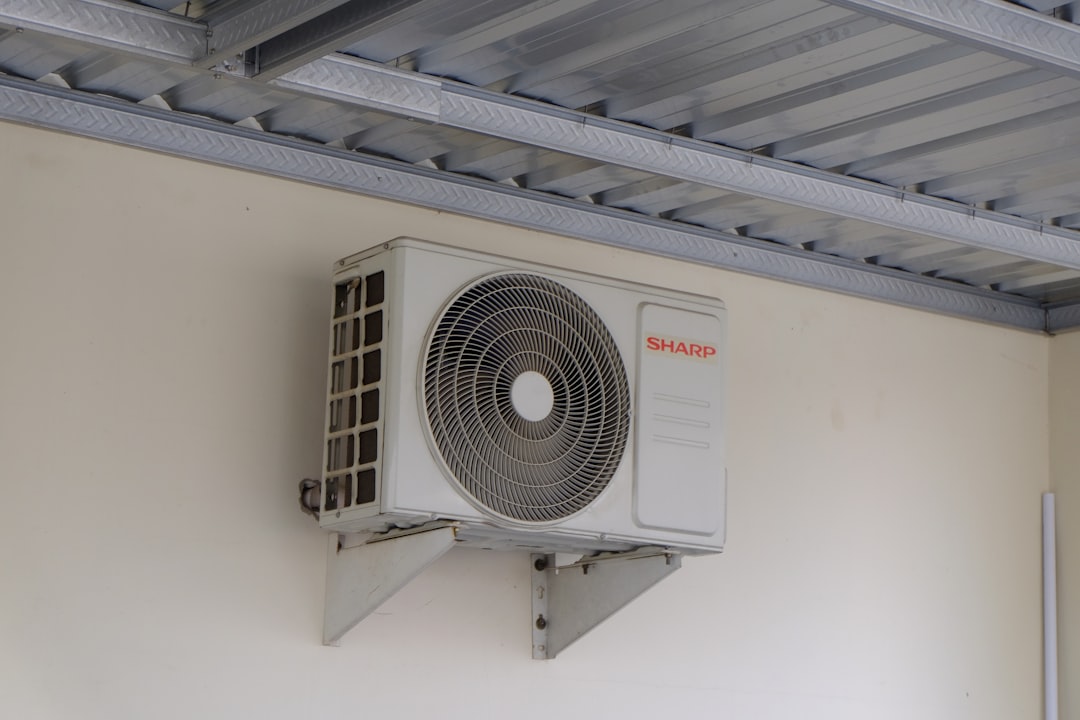
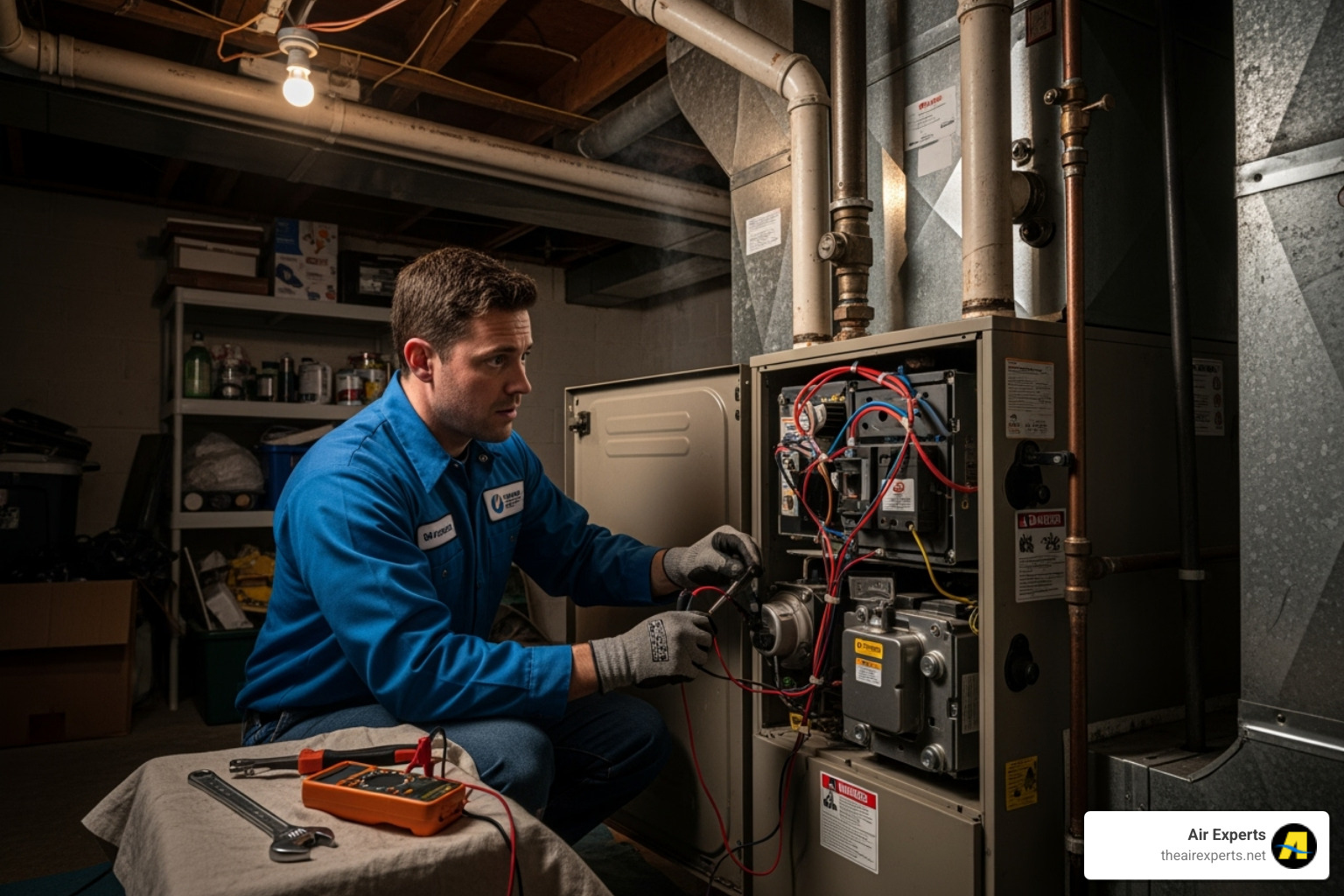

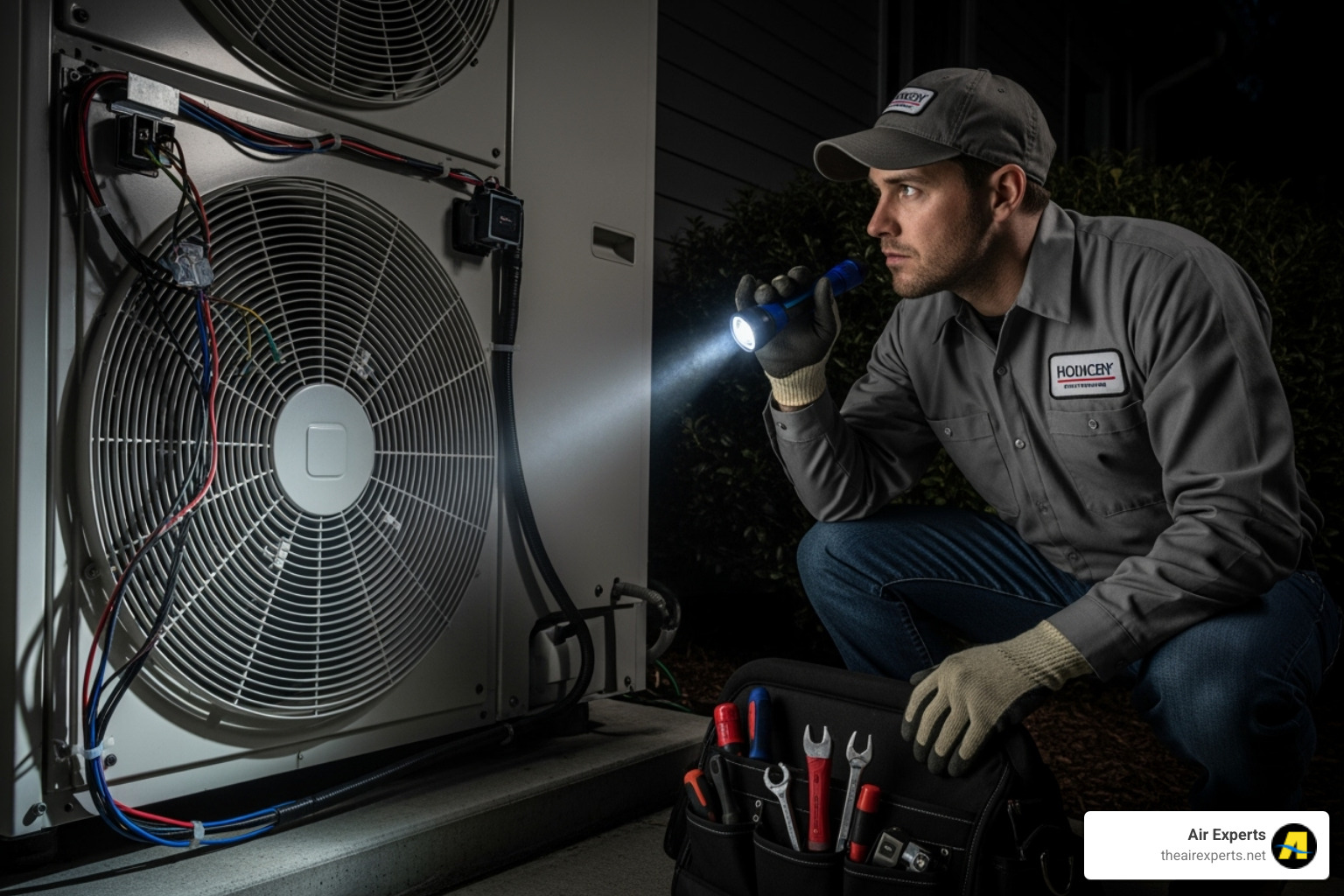
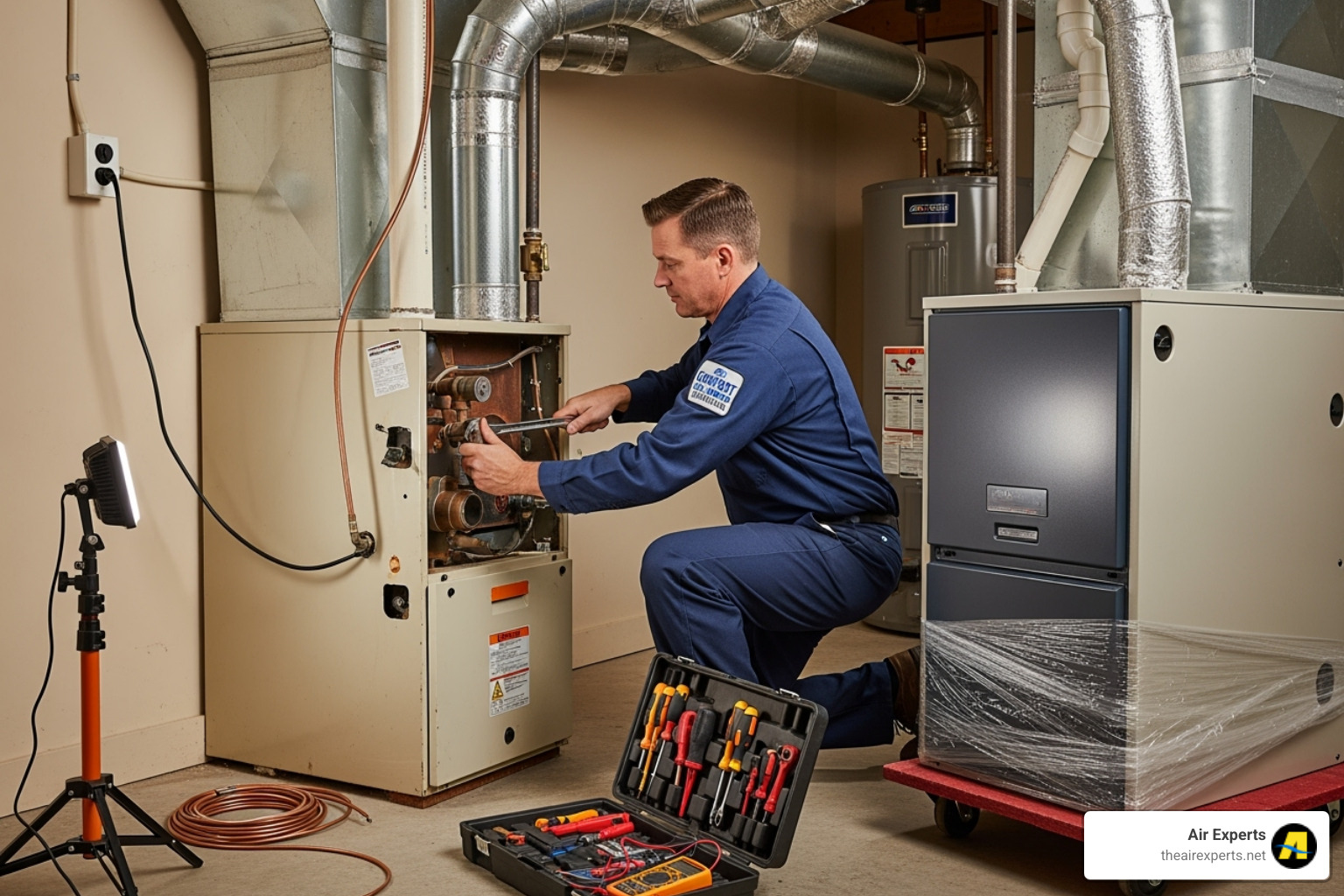
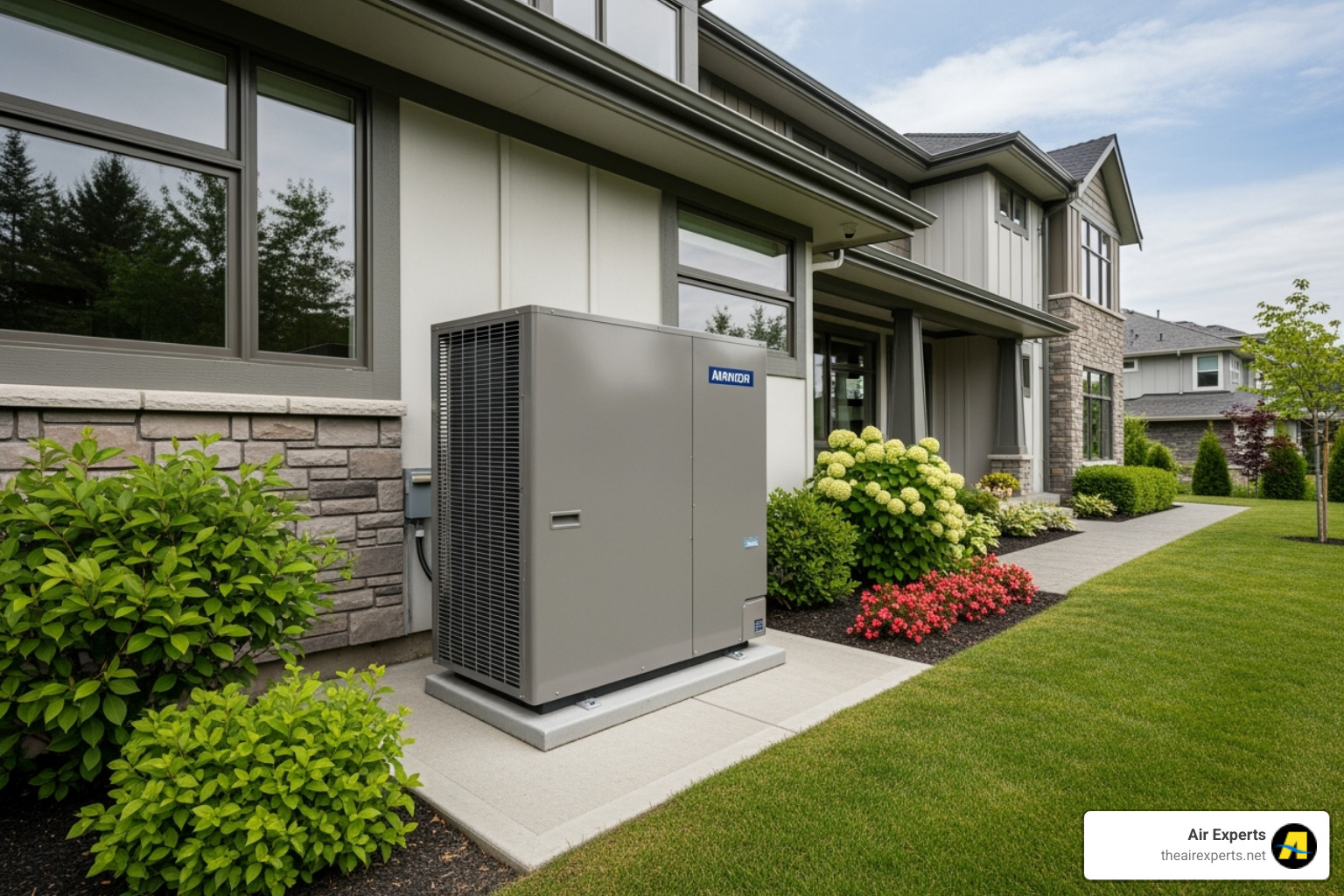
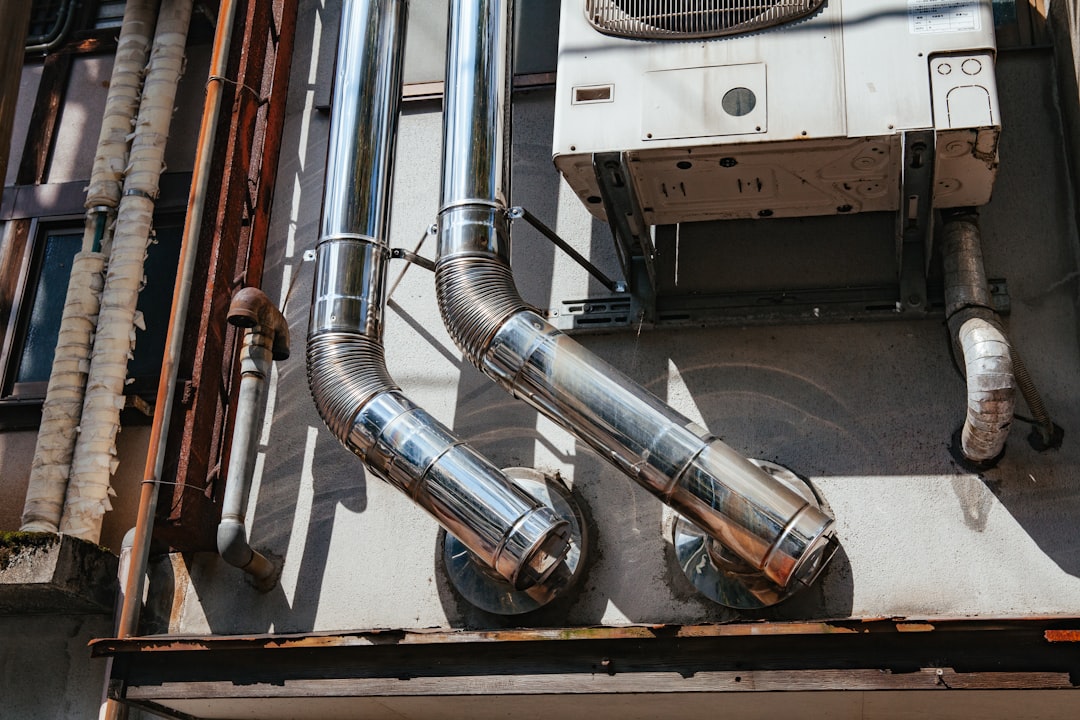
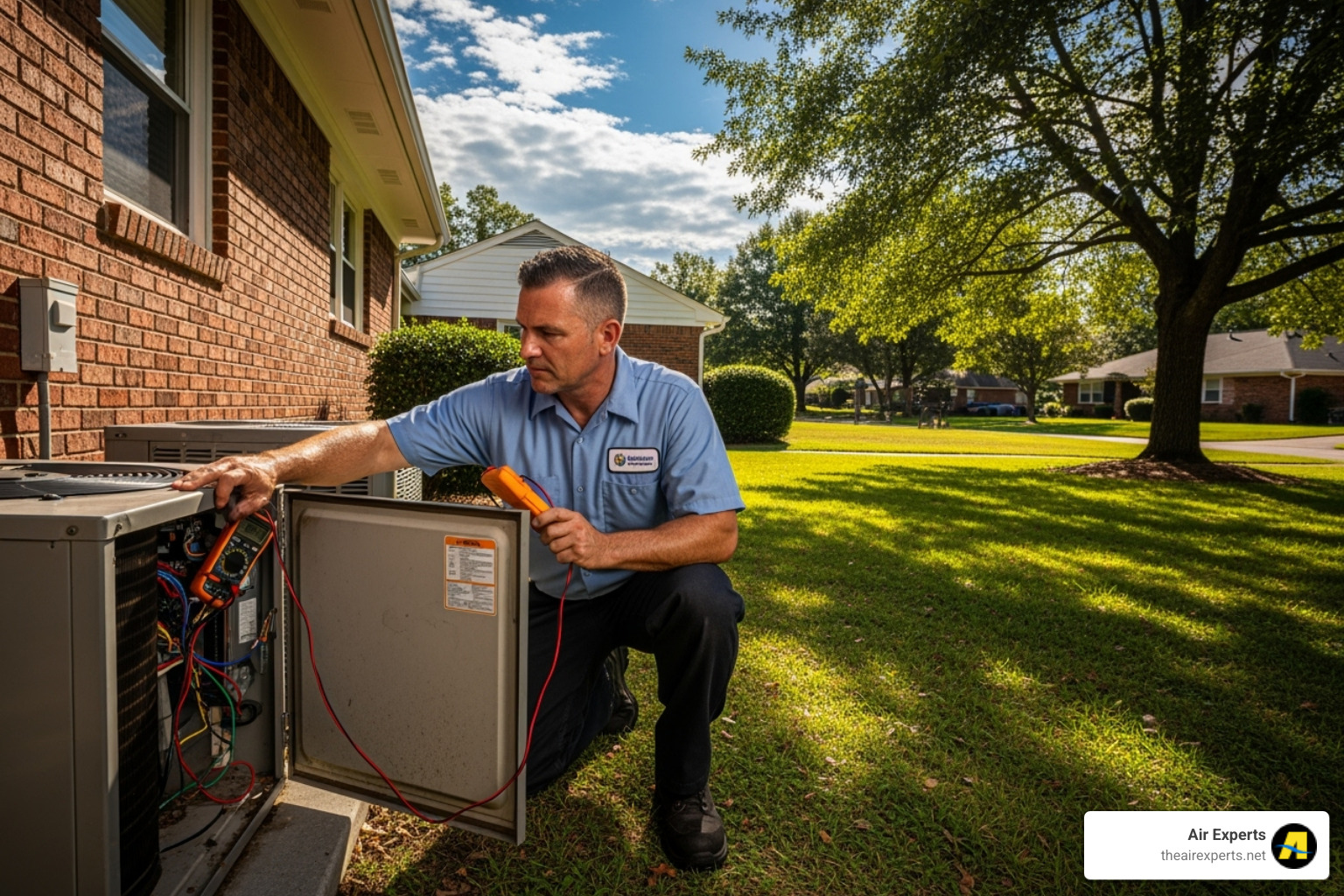
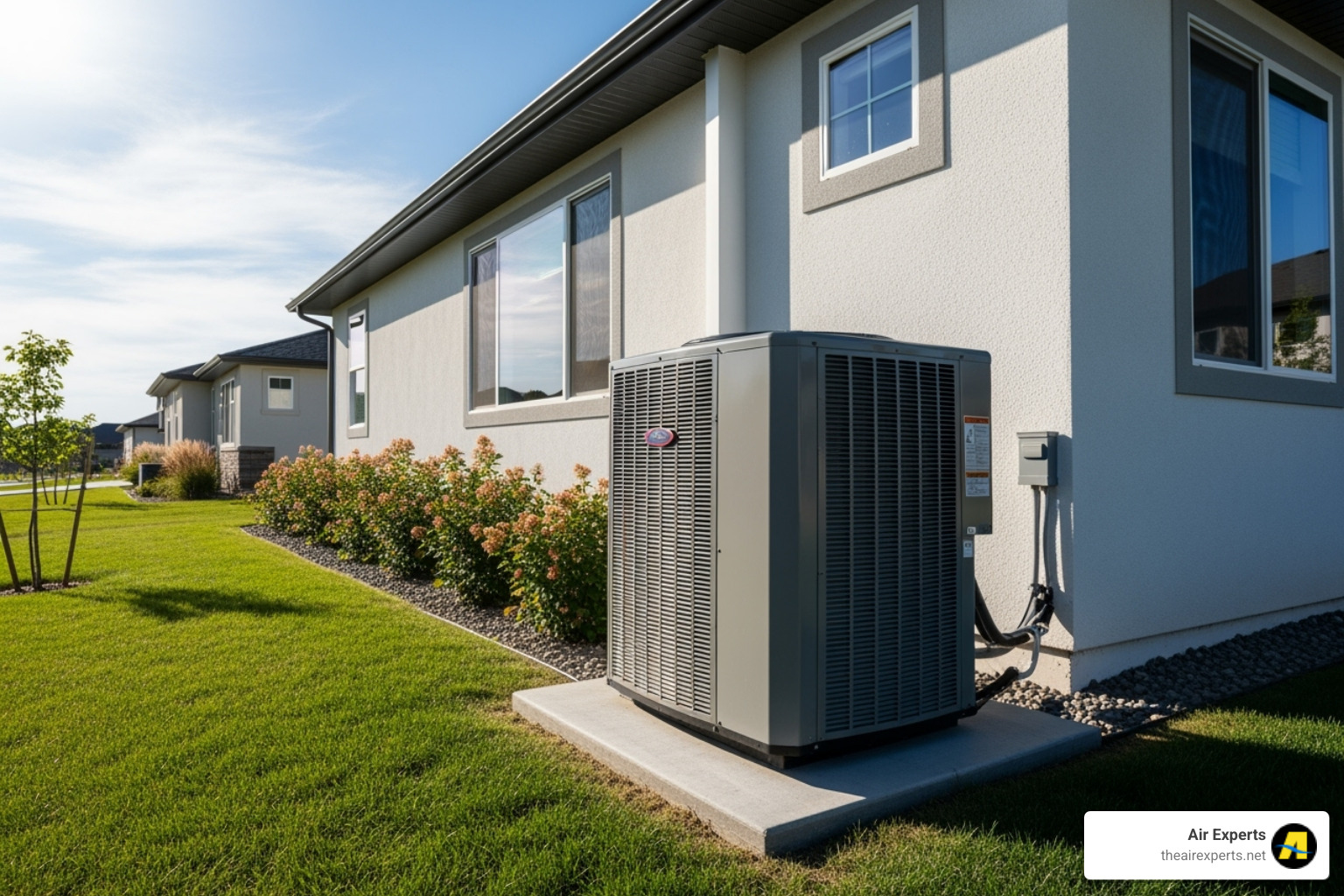
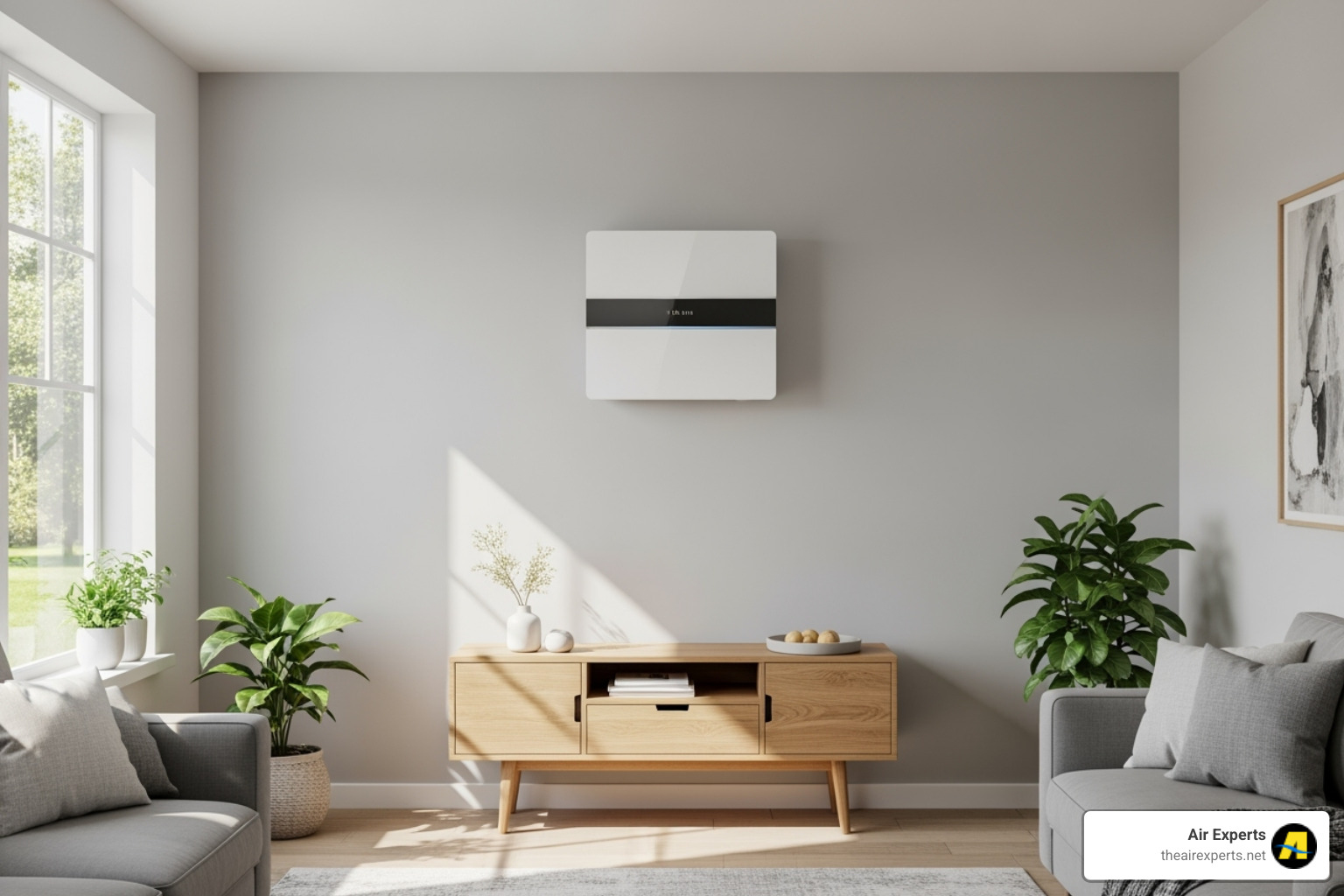
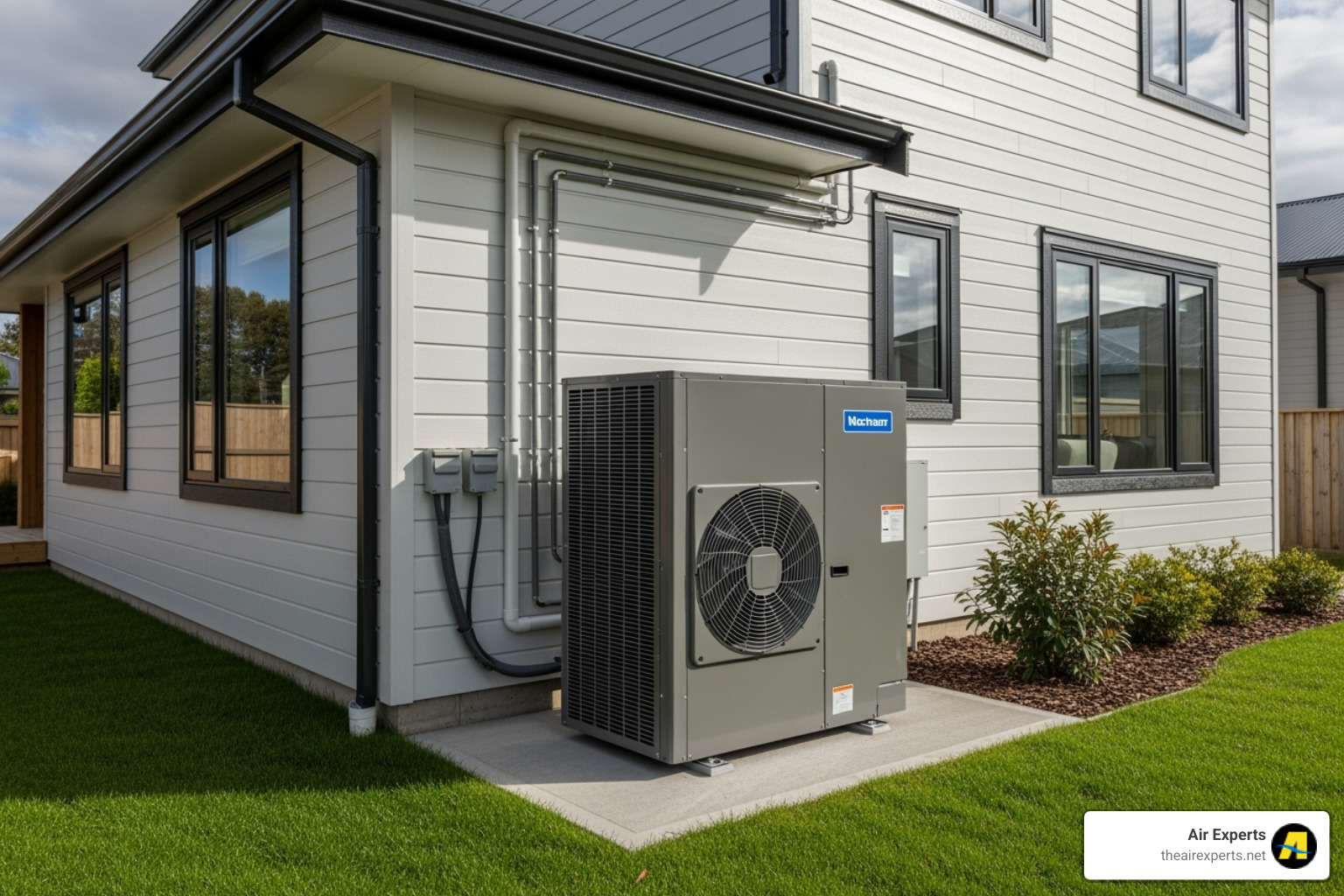
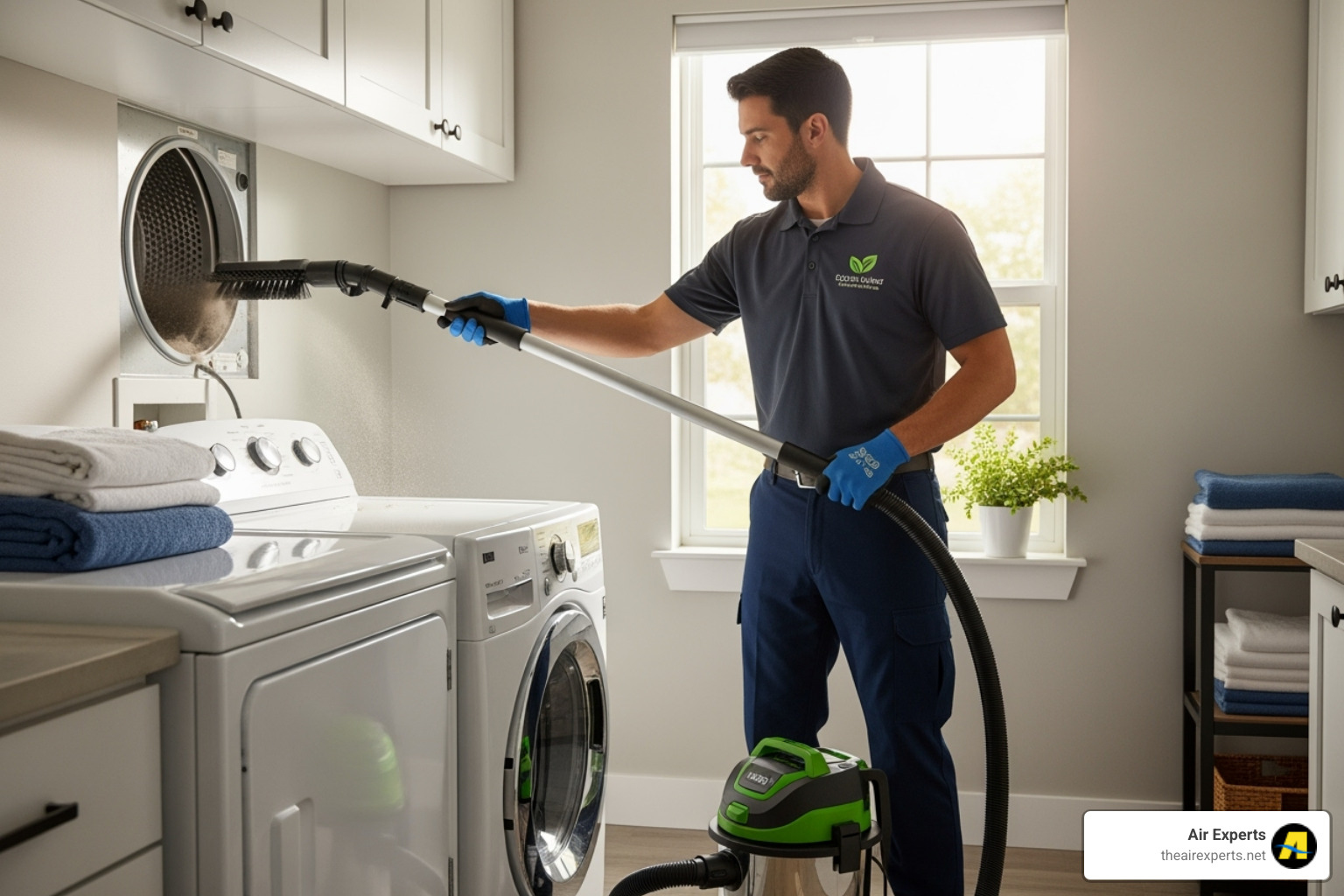

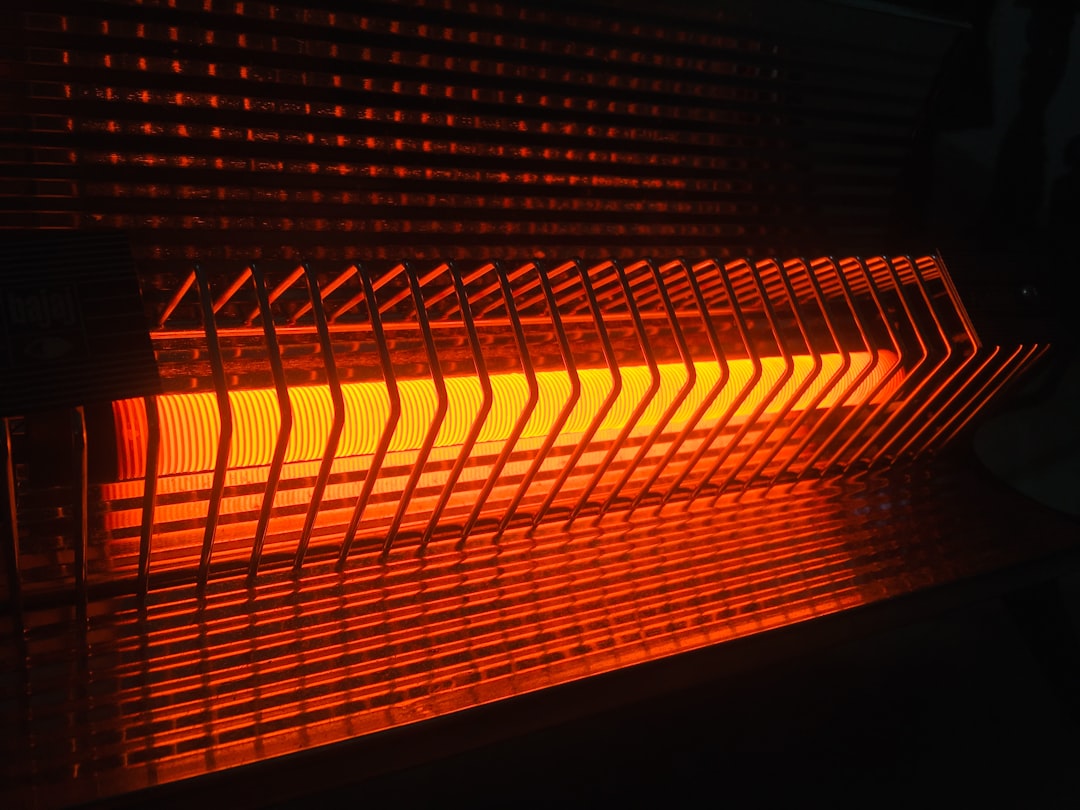
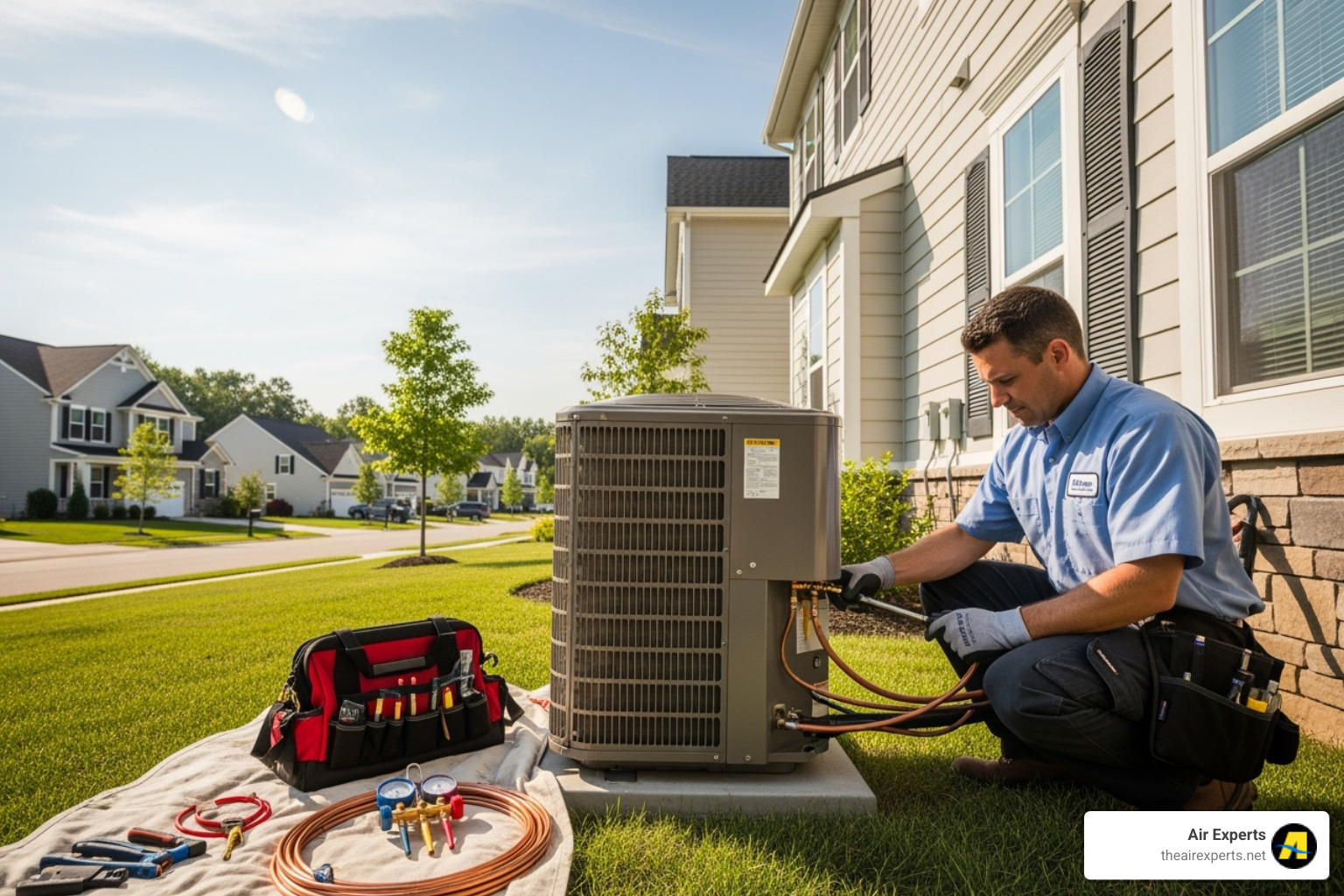
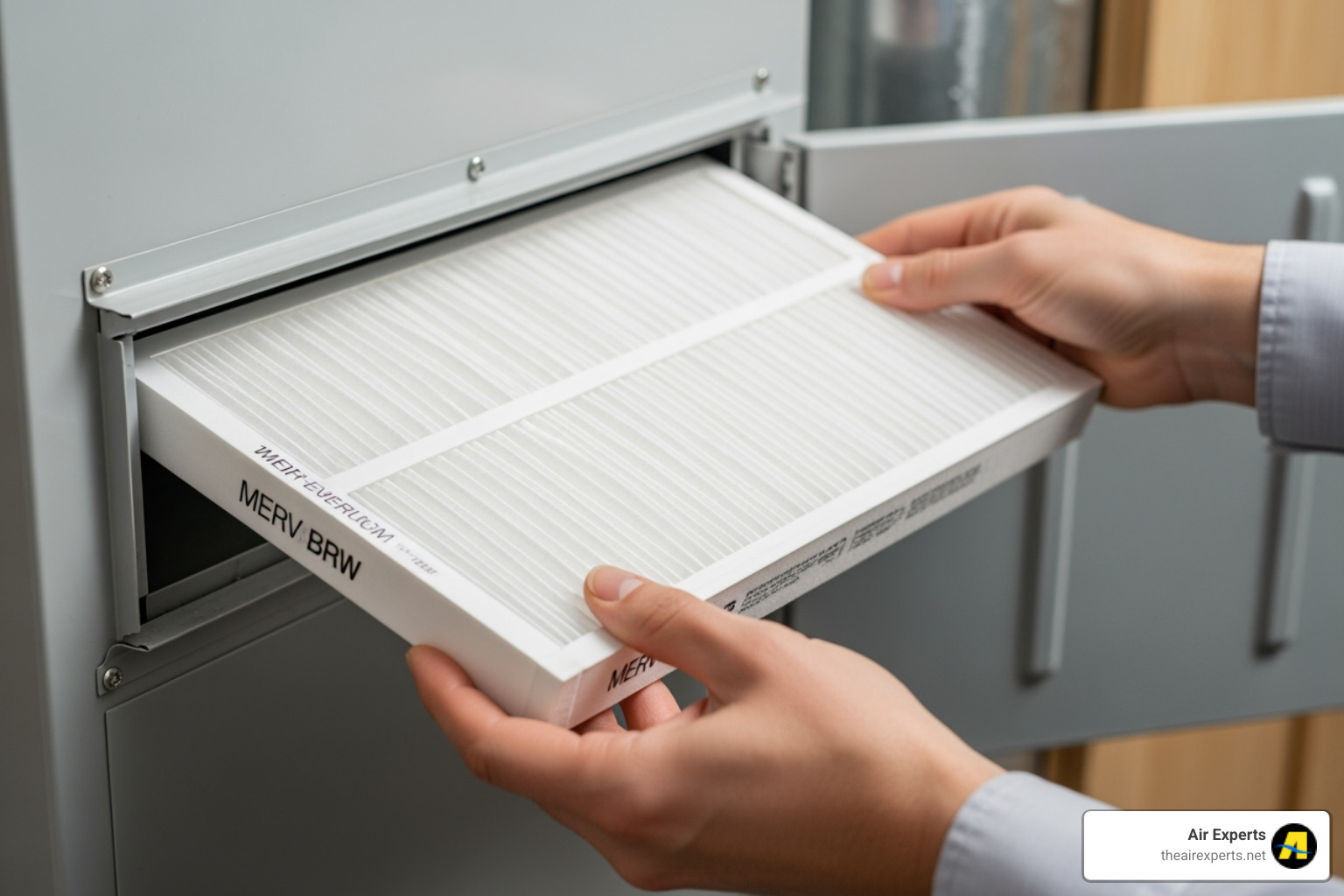
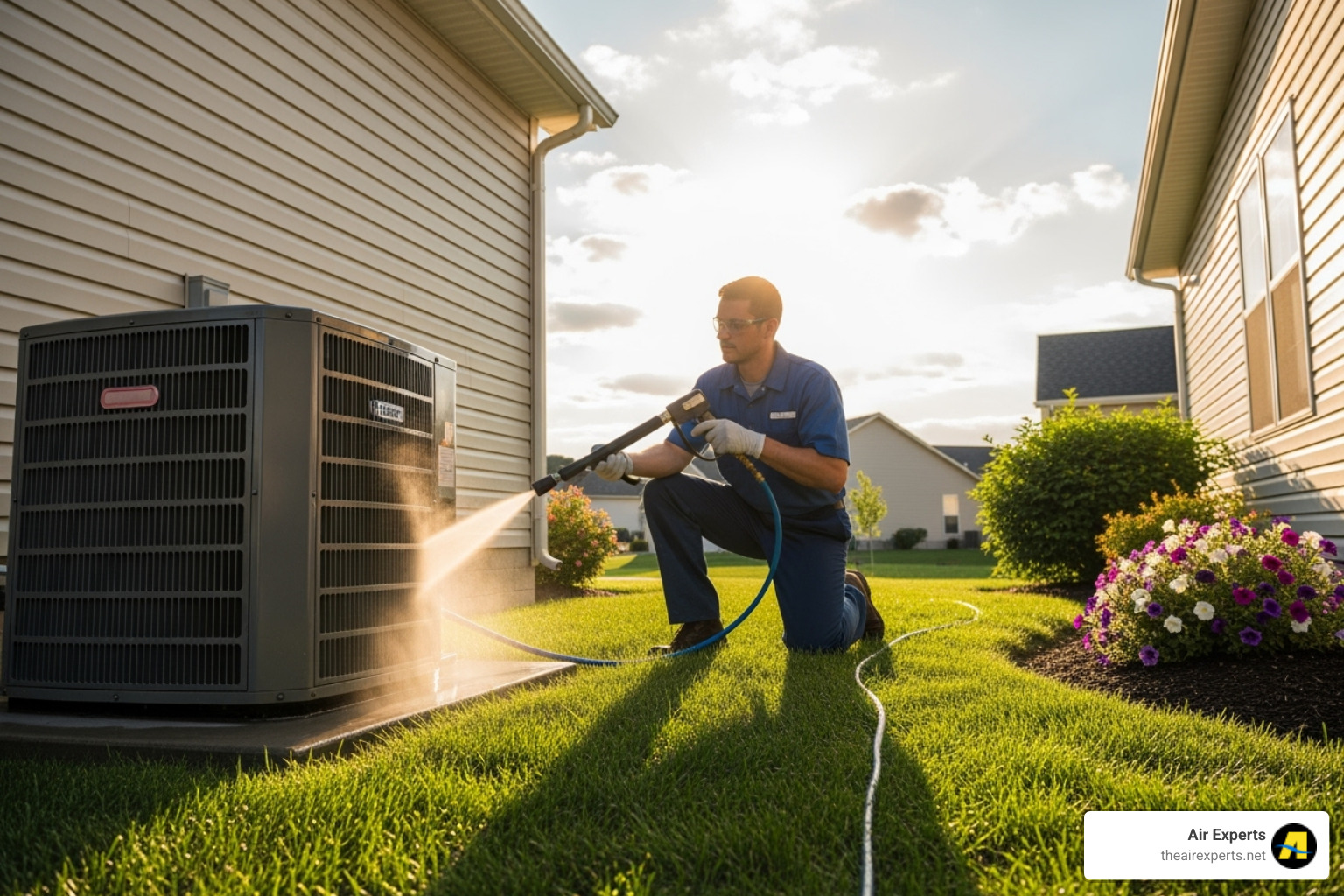
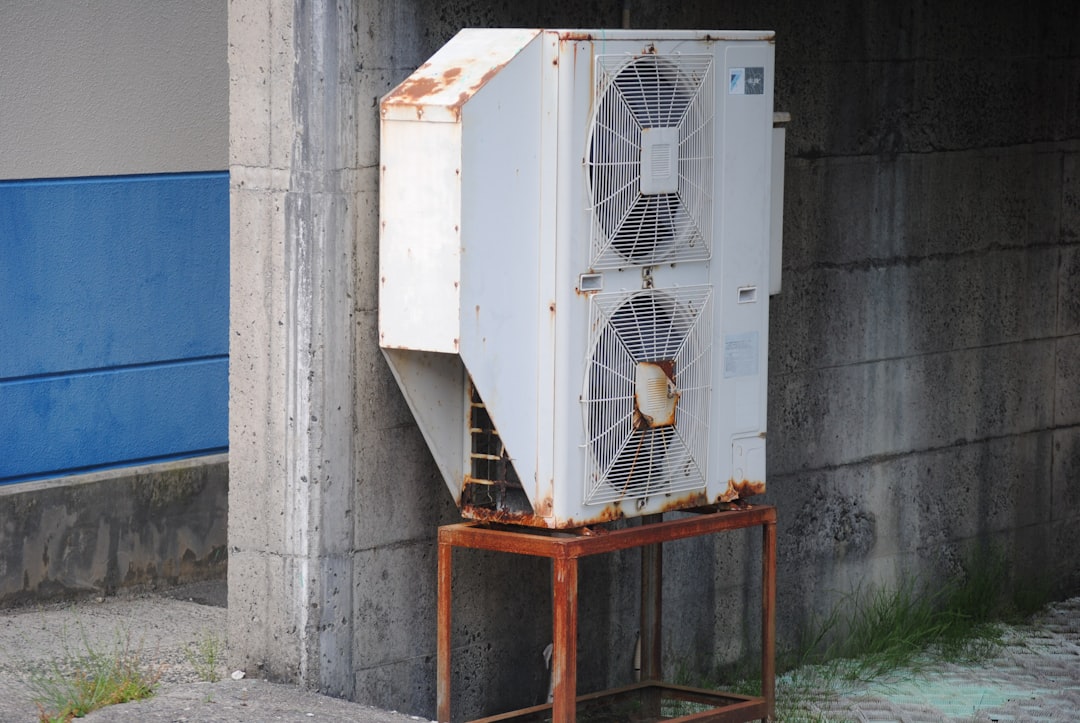
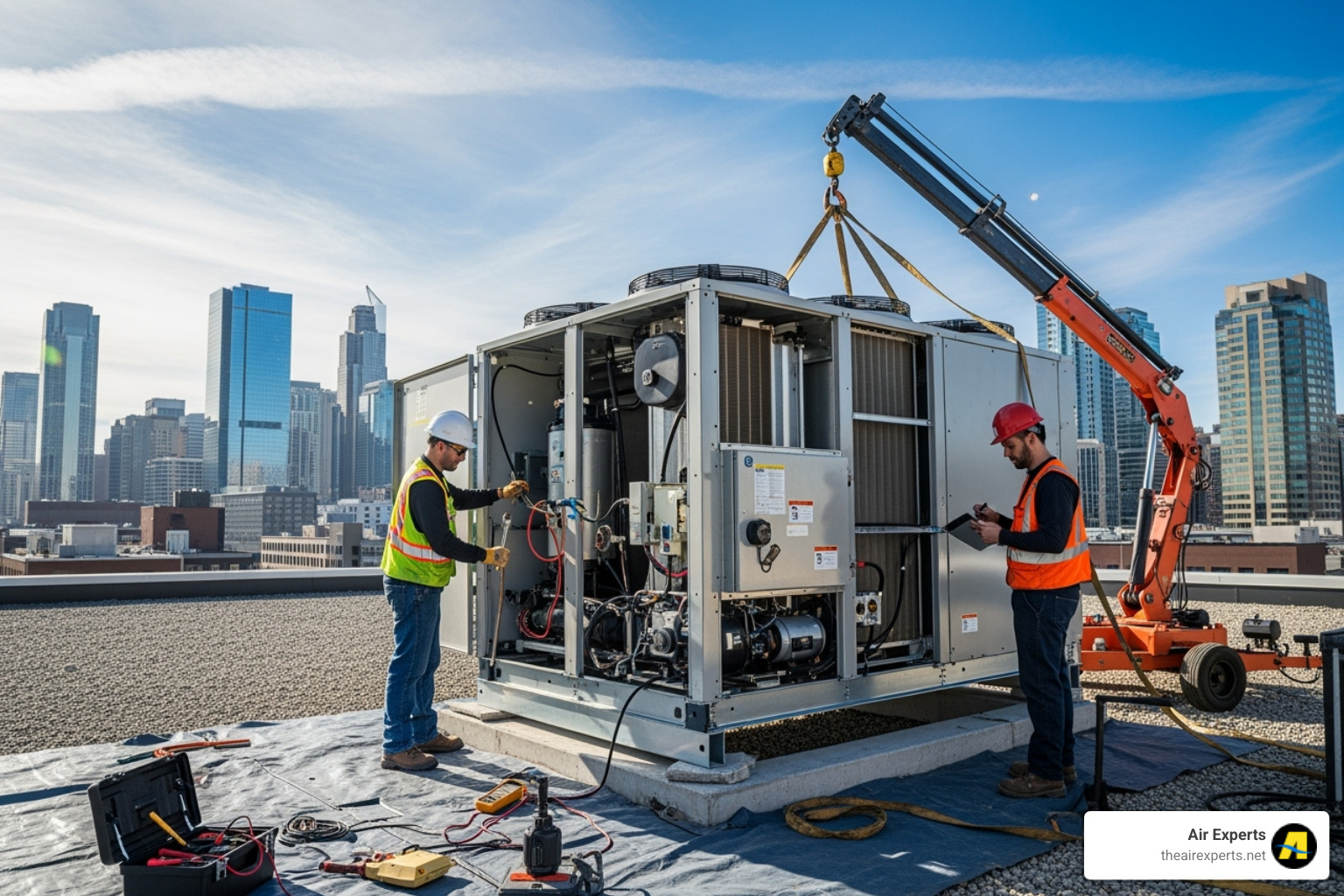
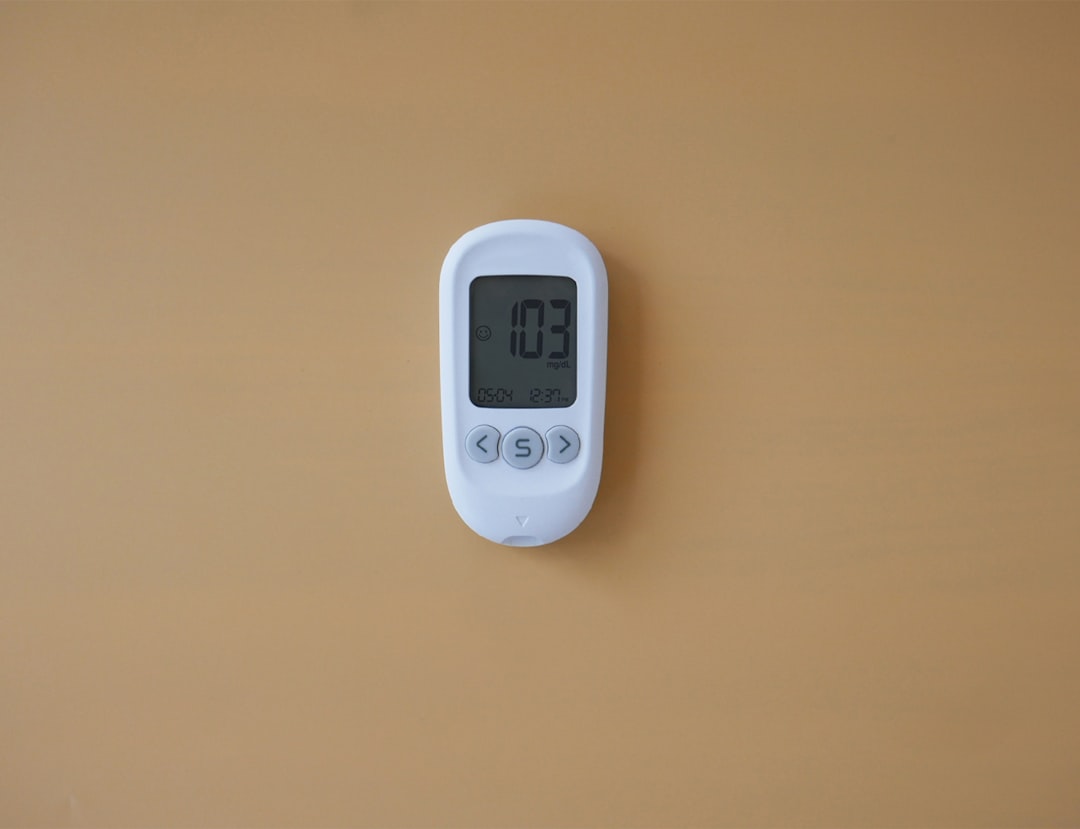
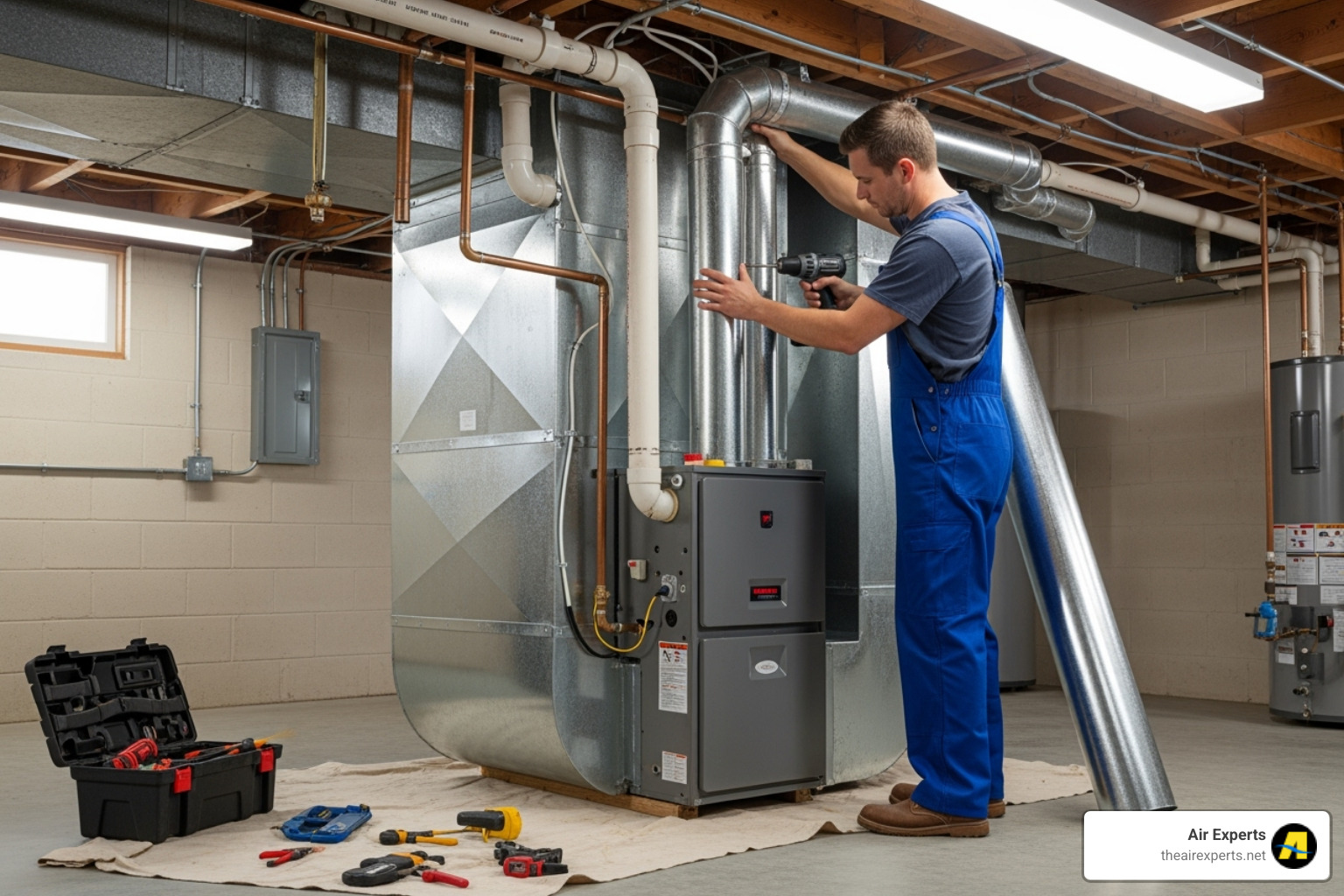
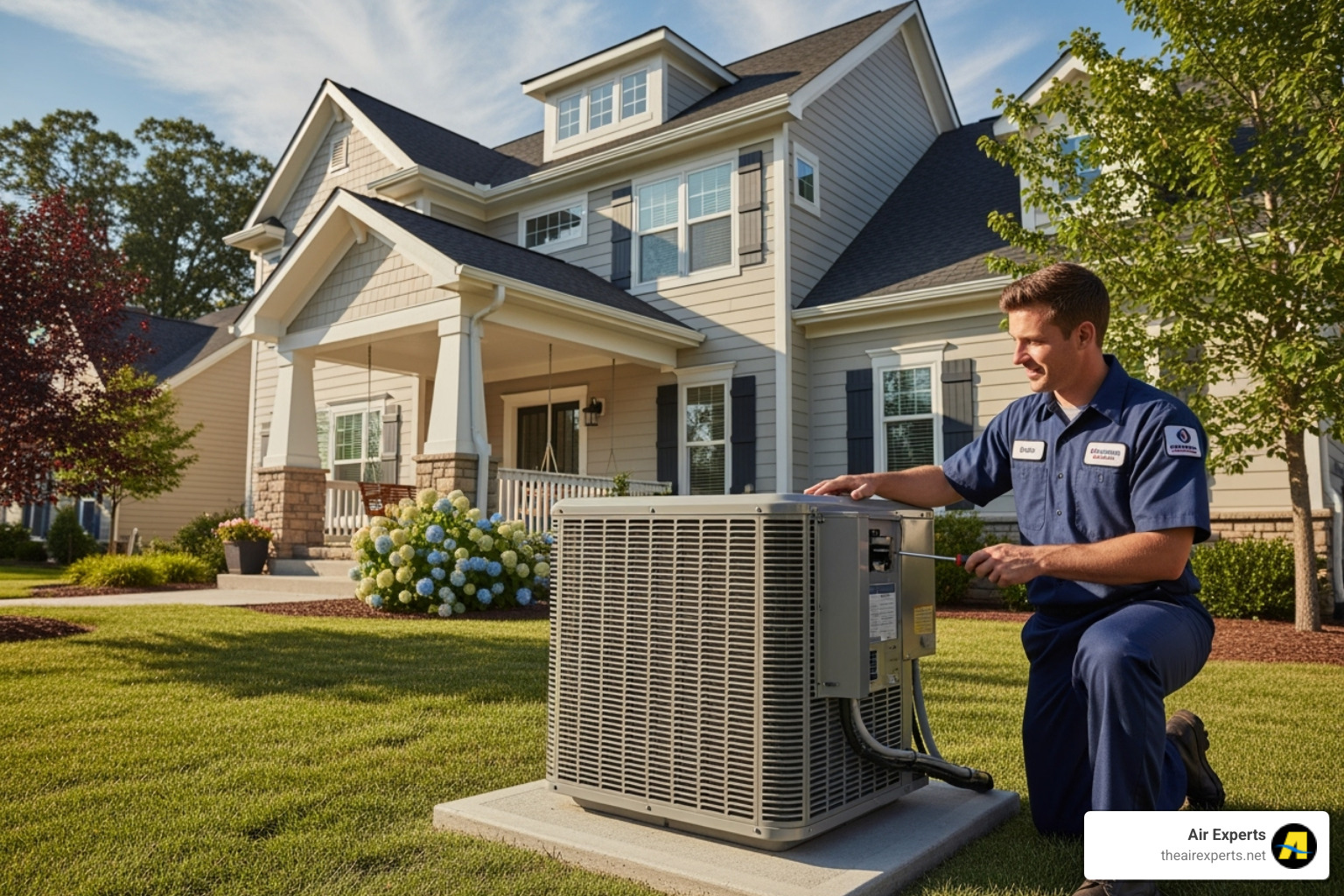
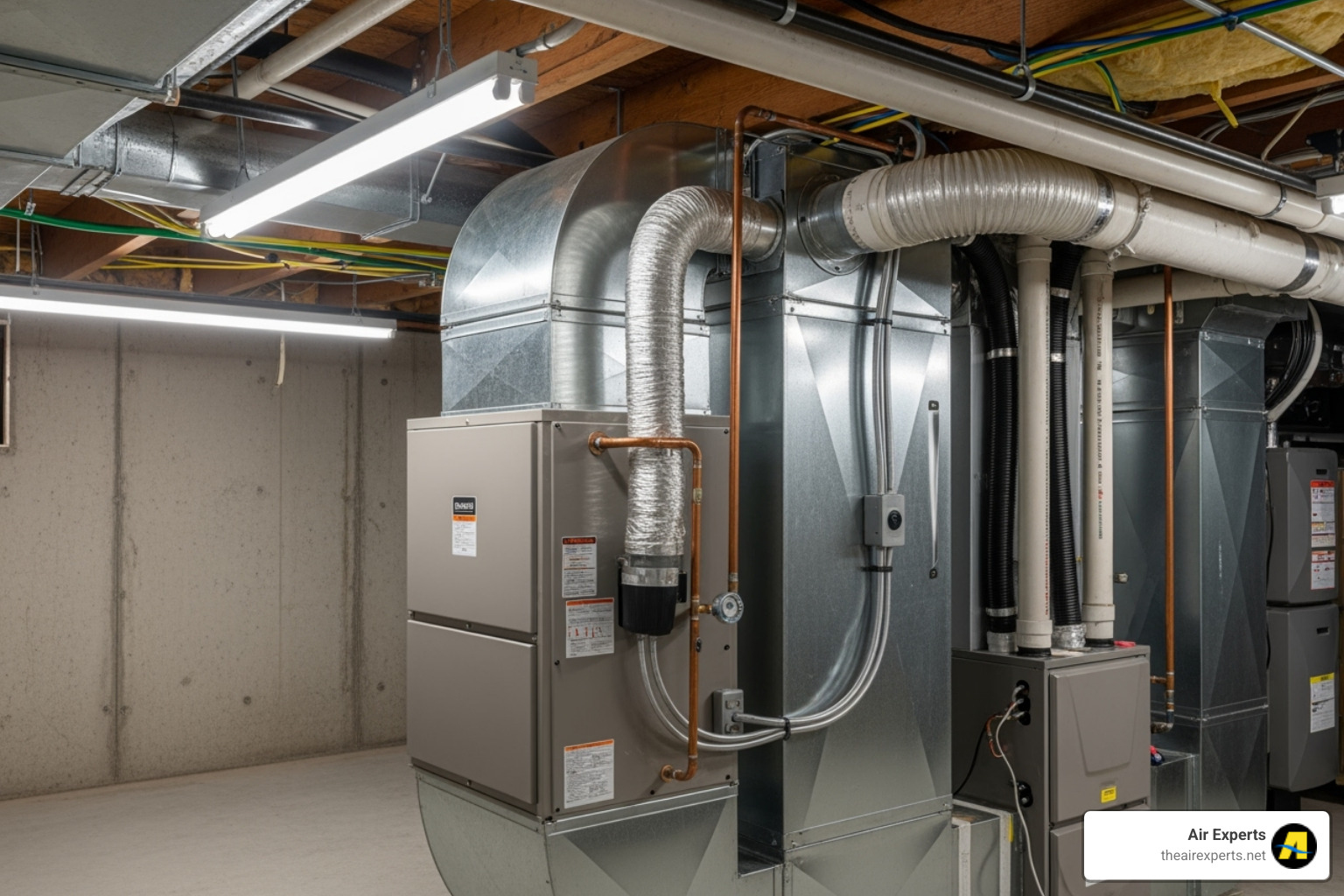
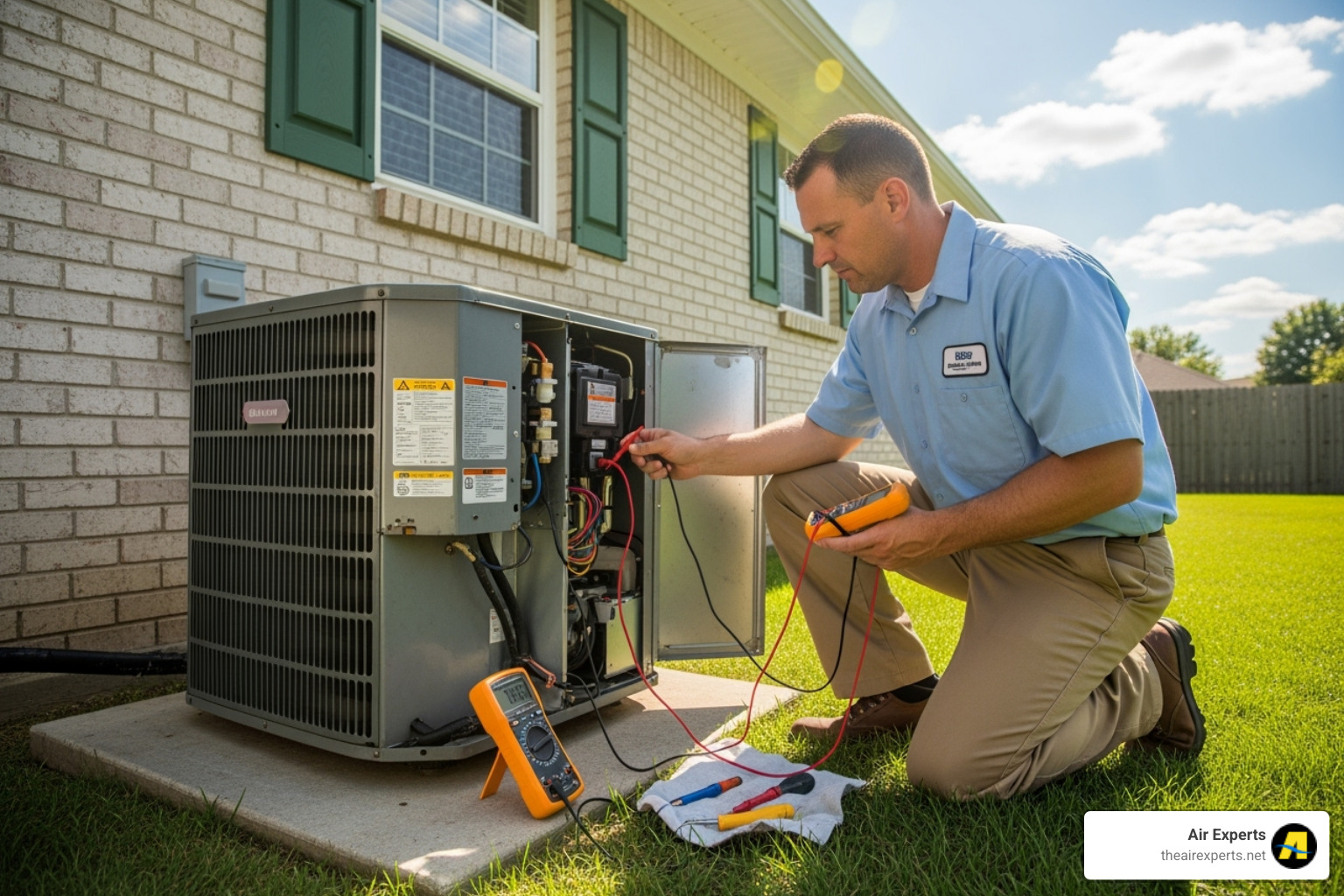
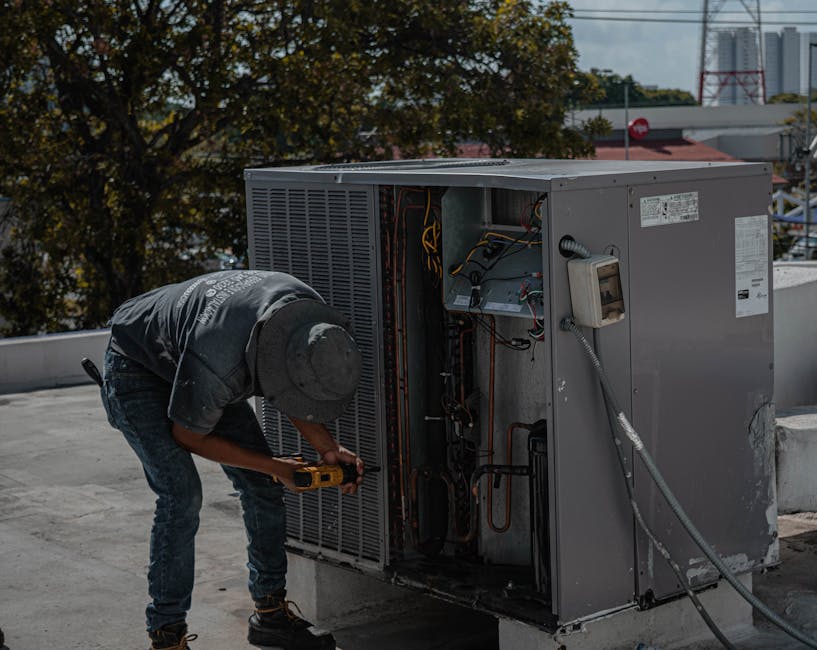
.svg)
.svg)




.svg)
.svg)
